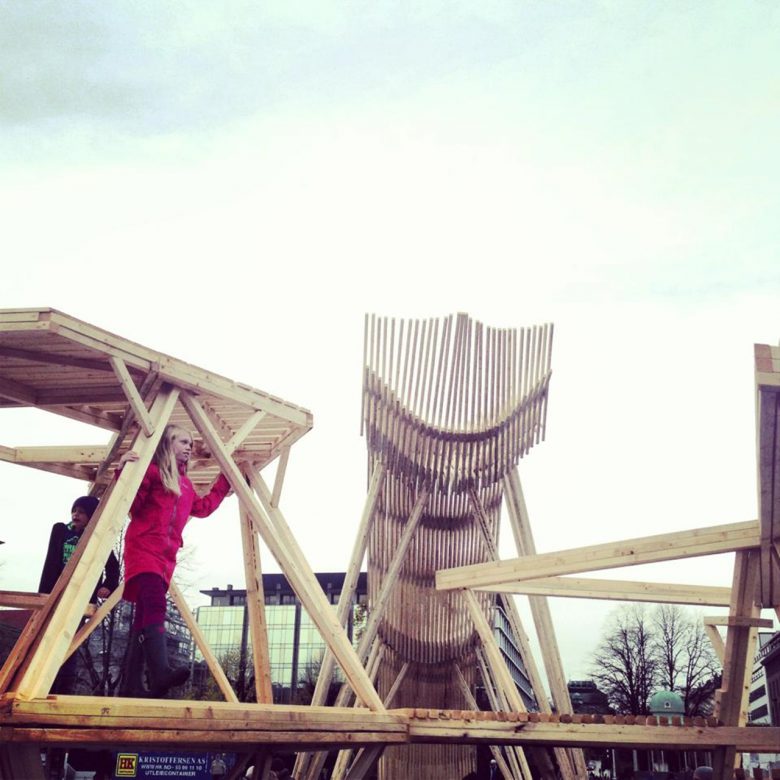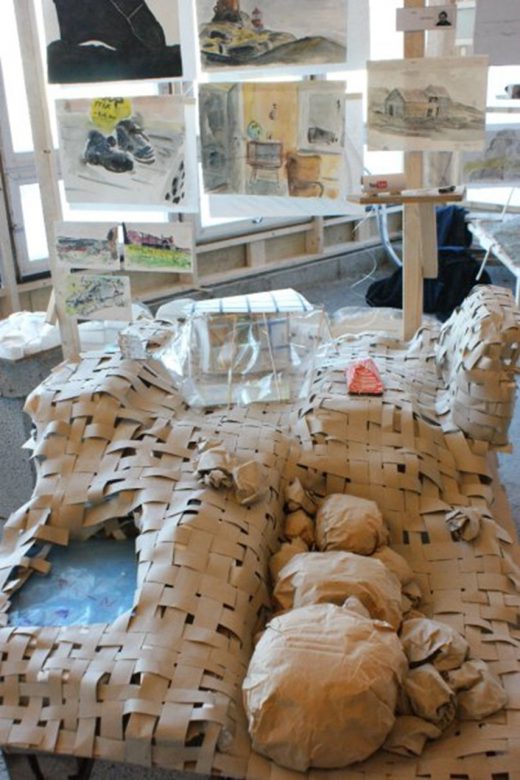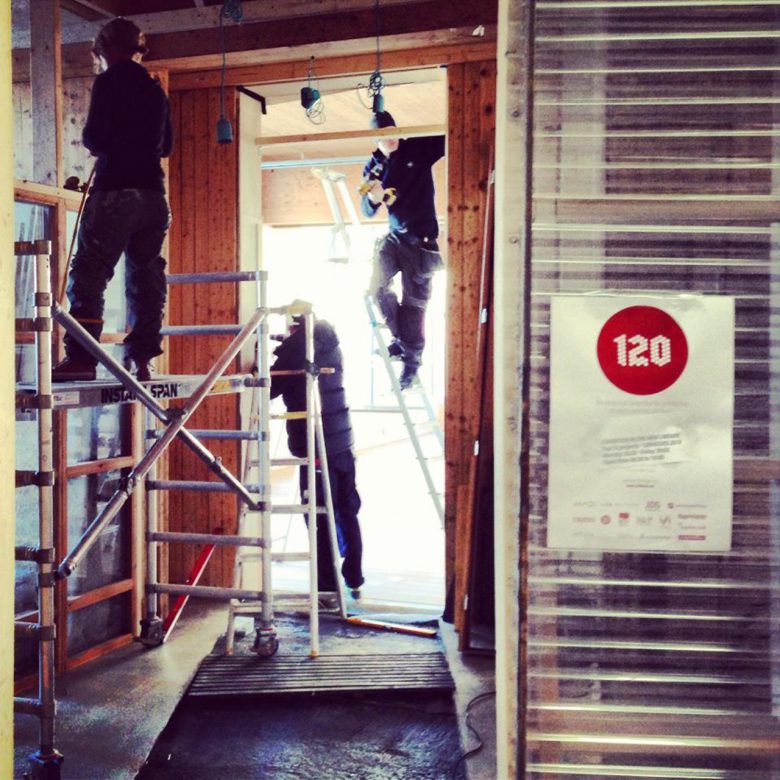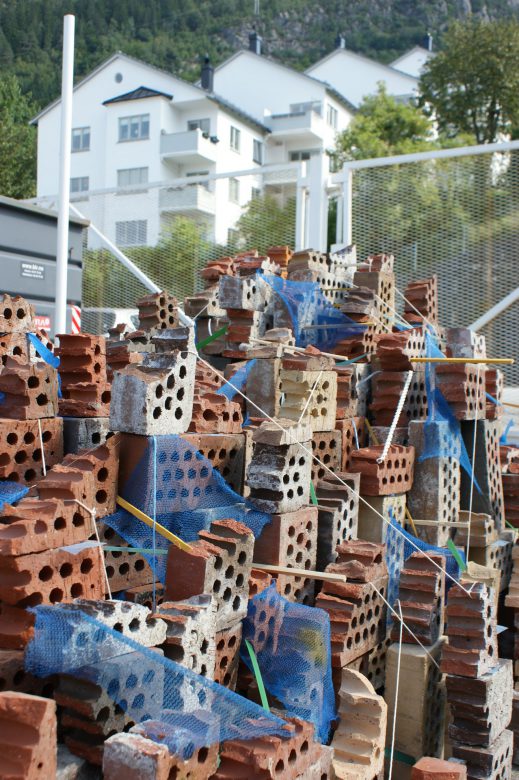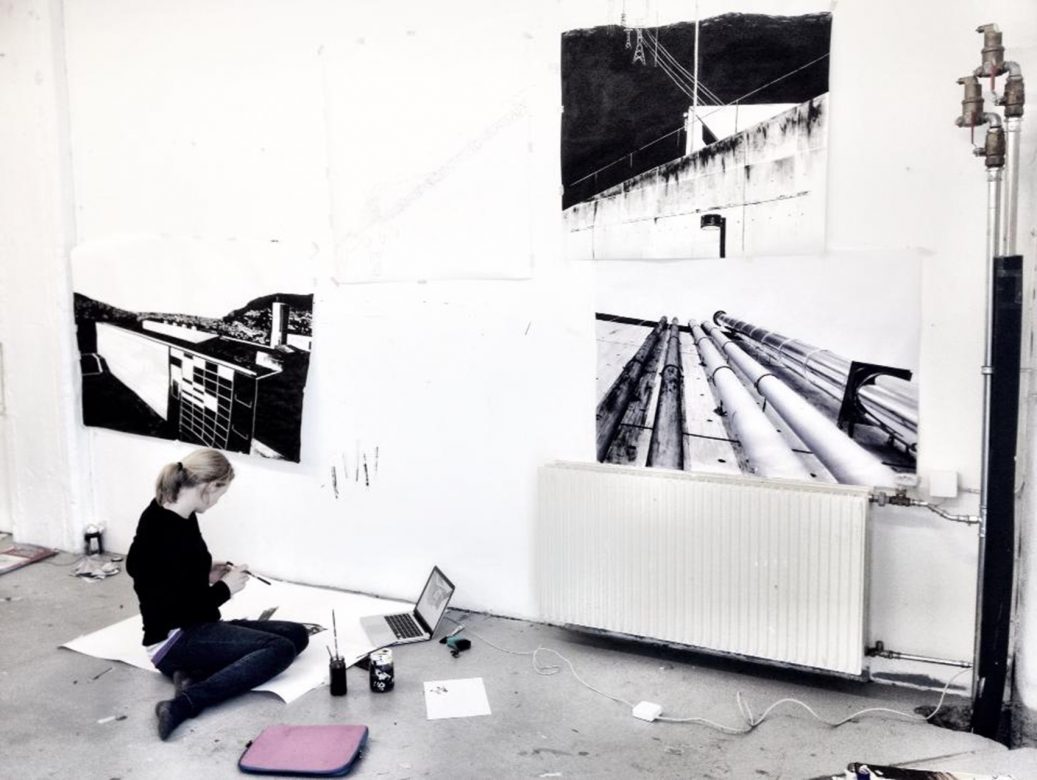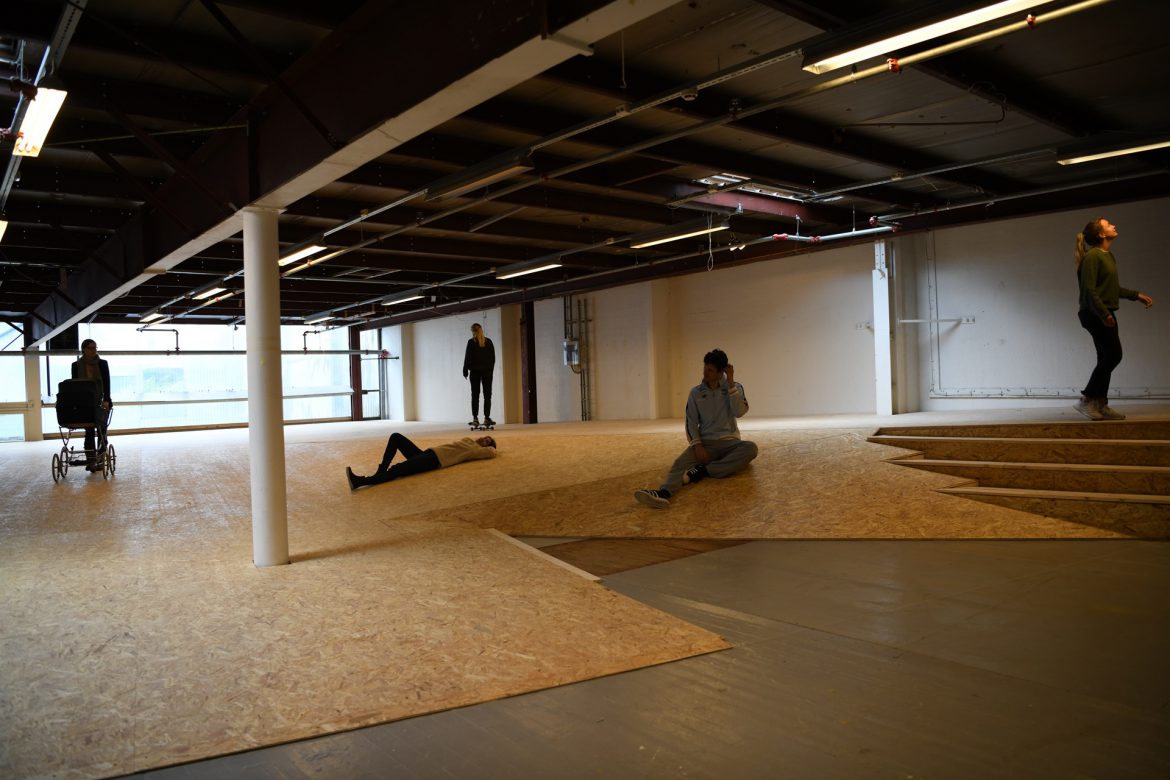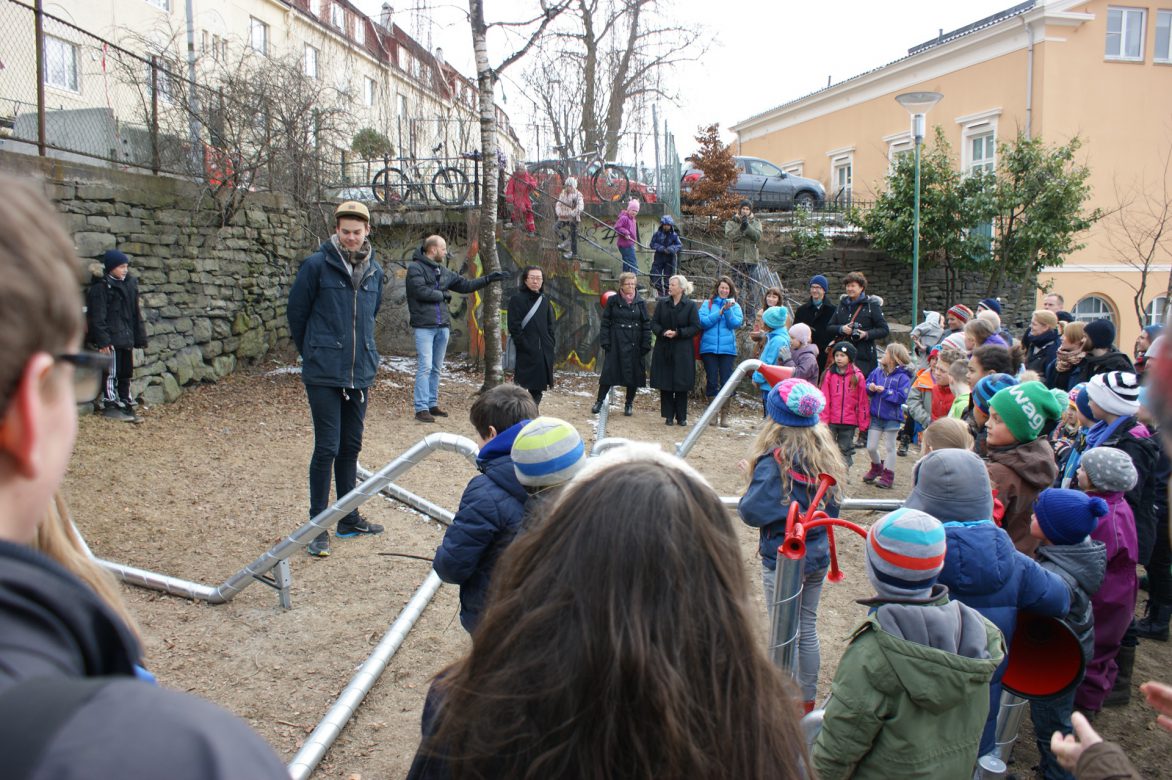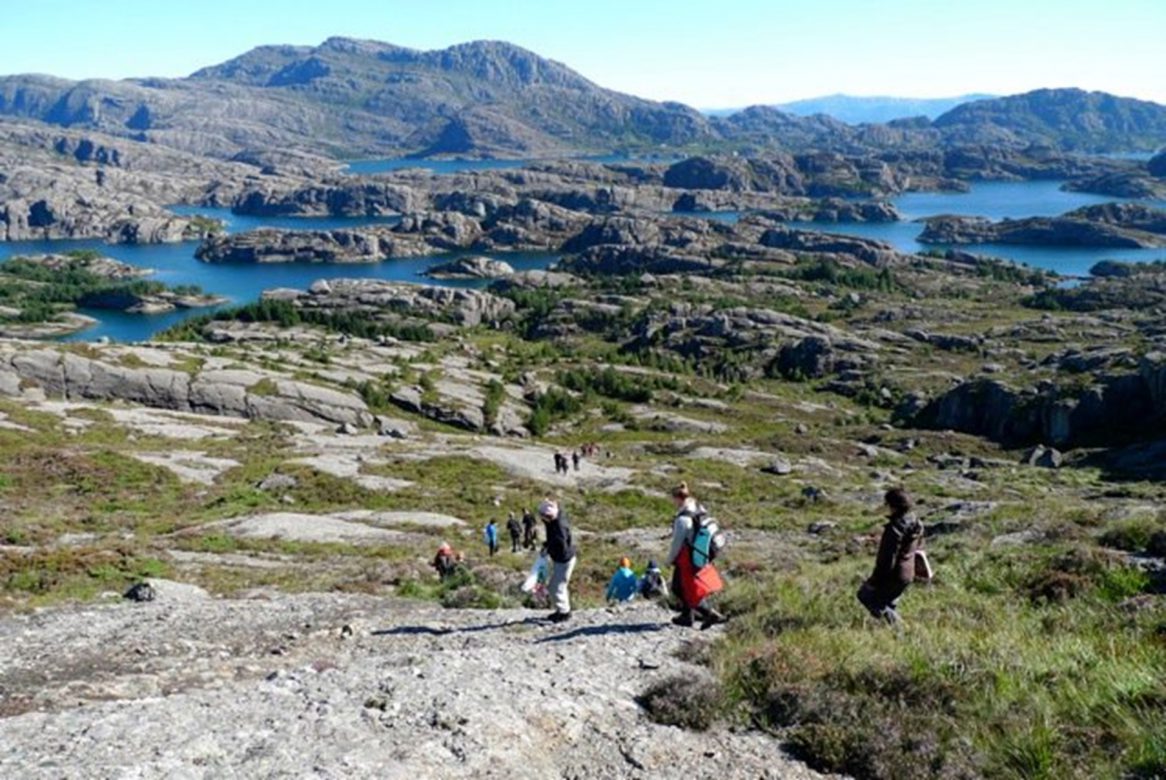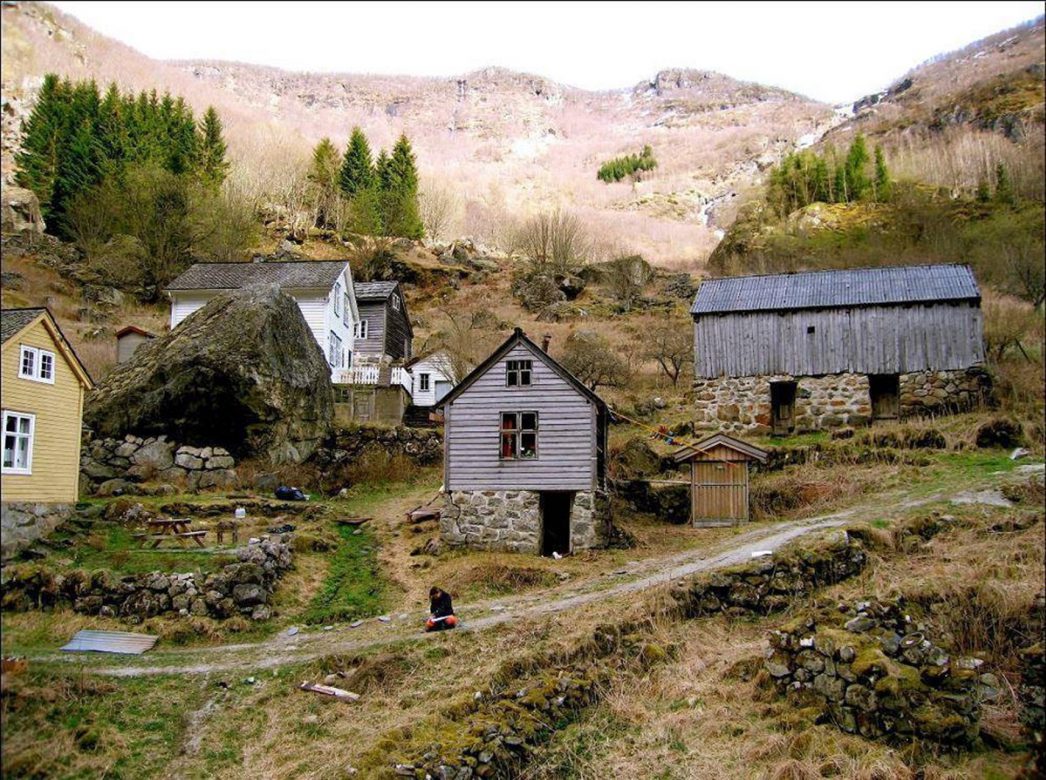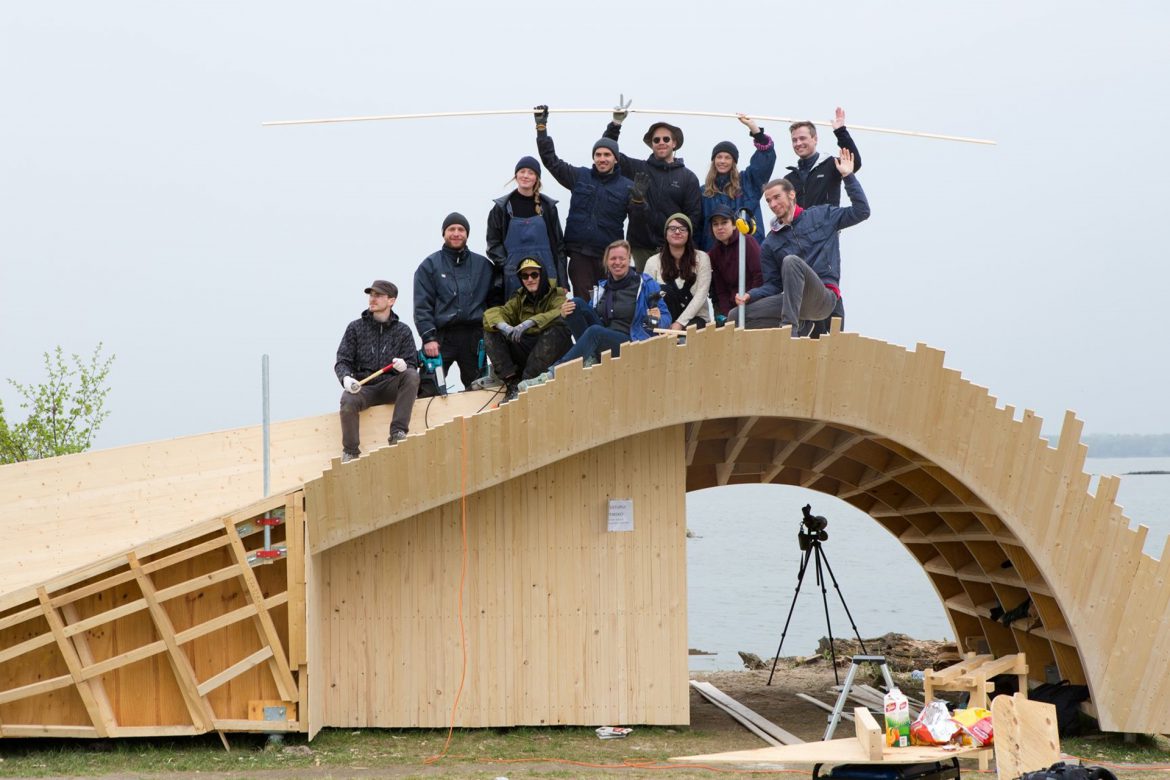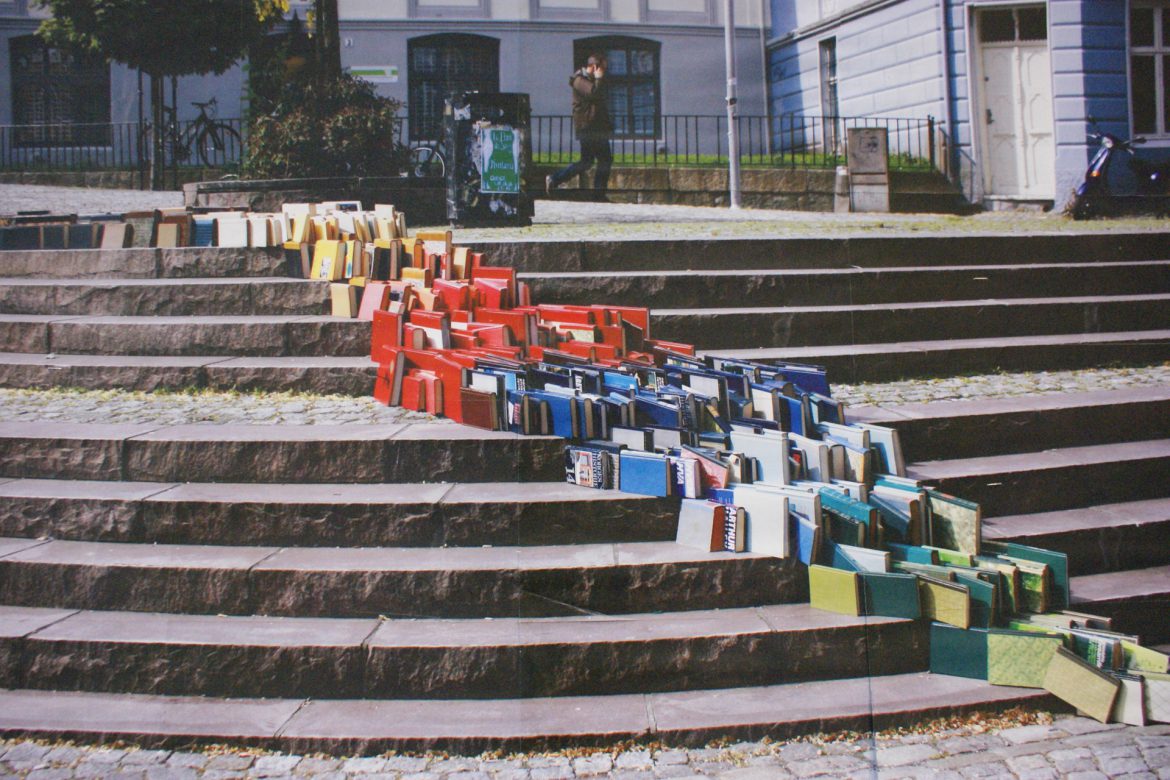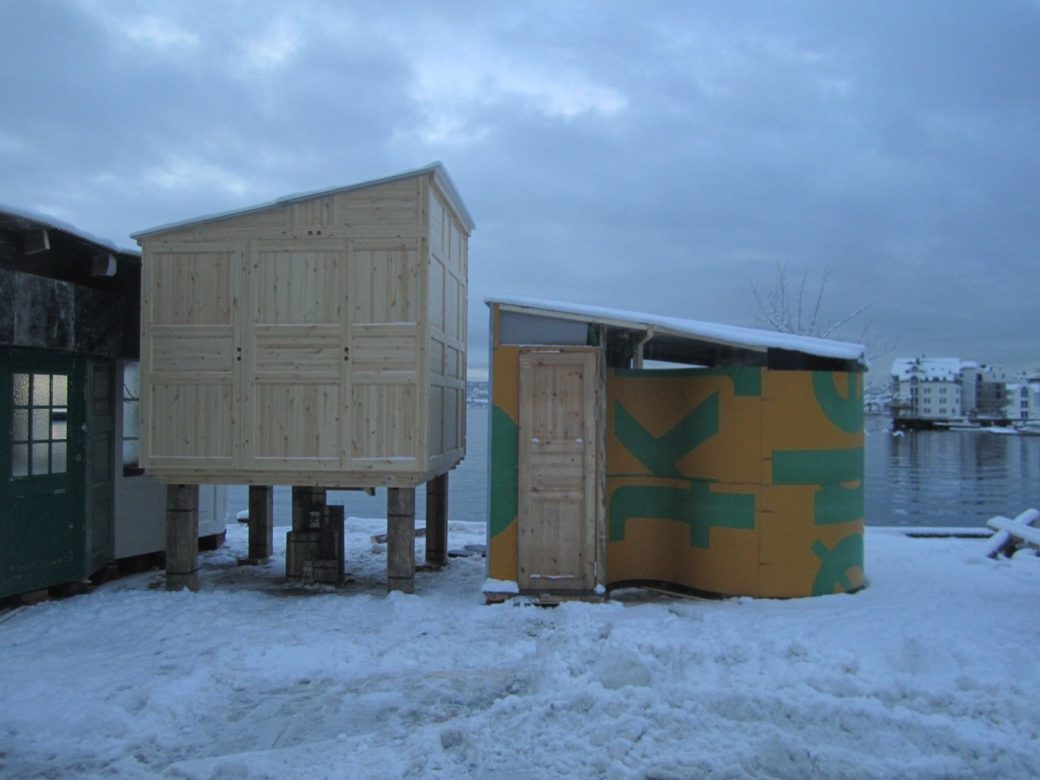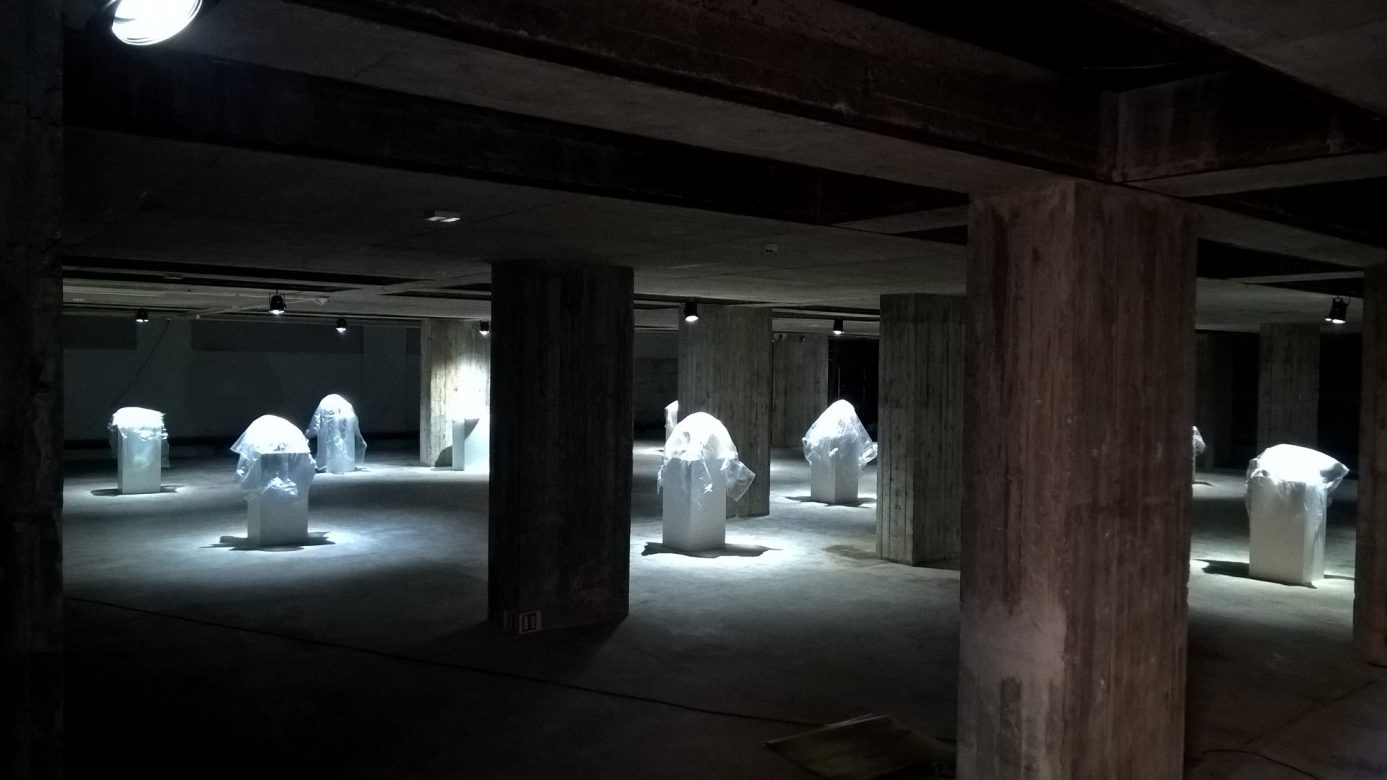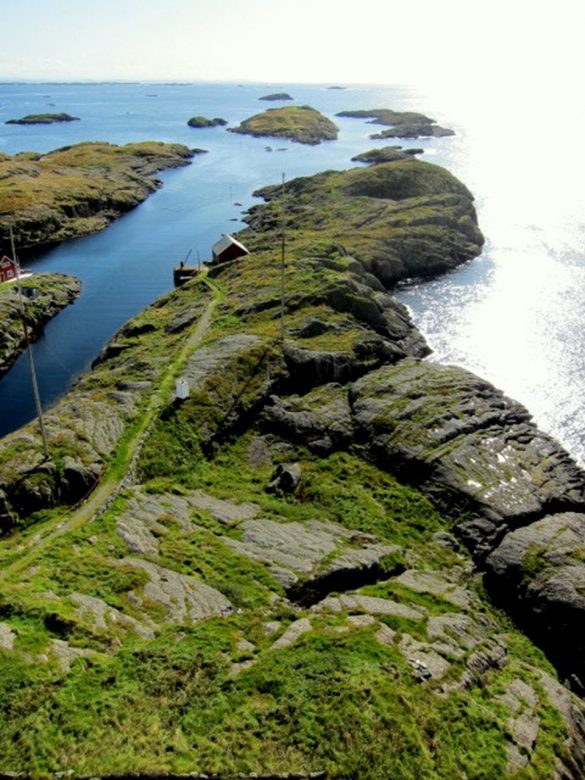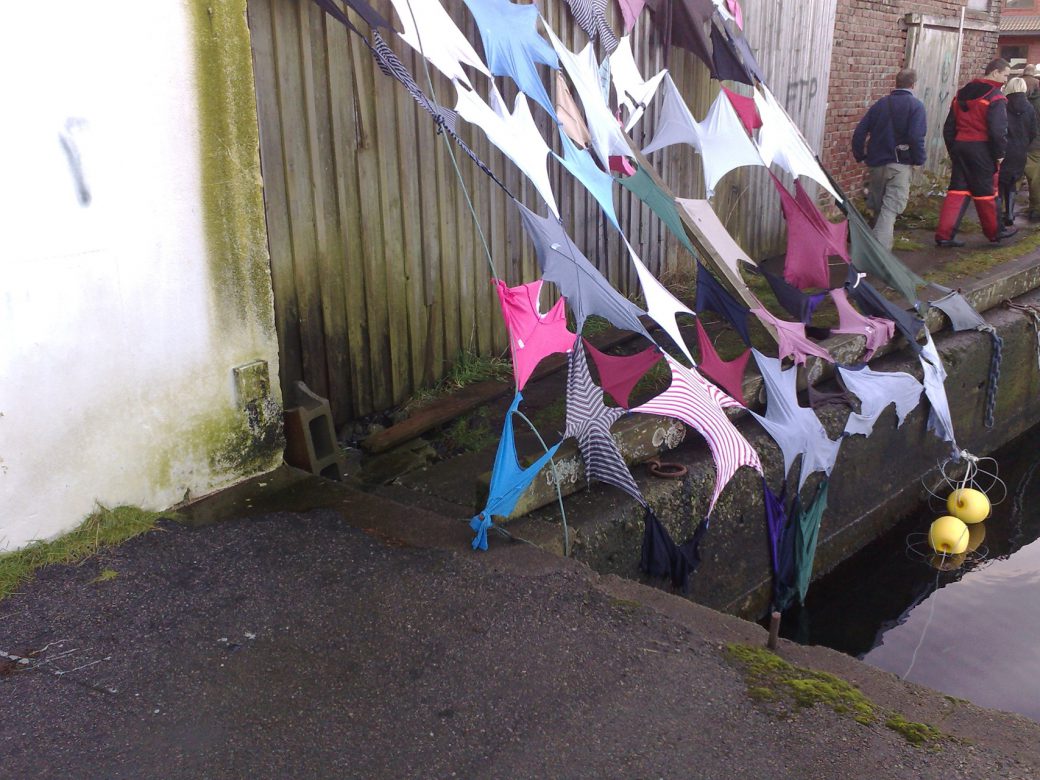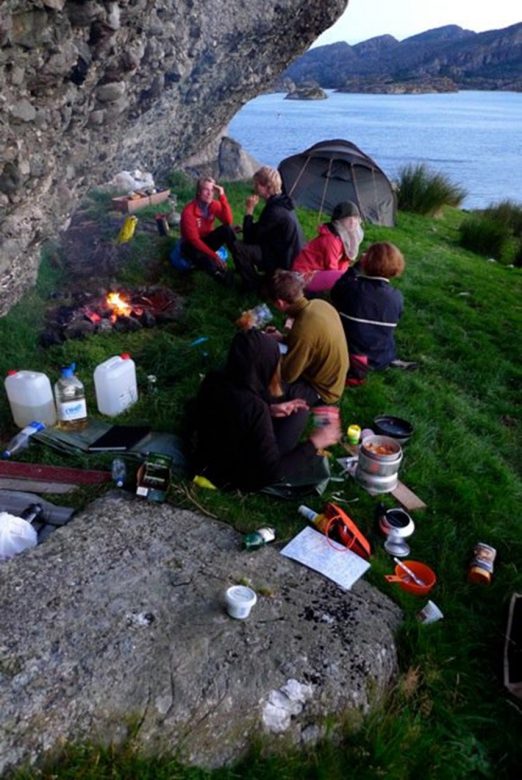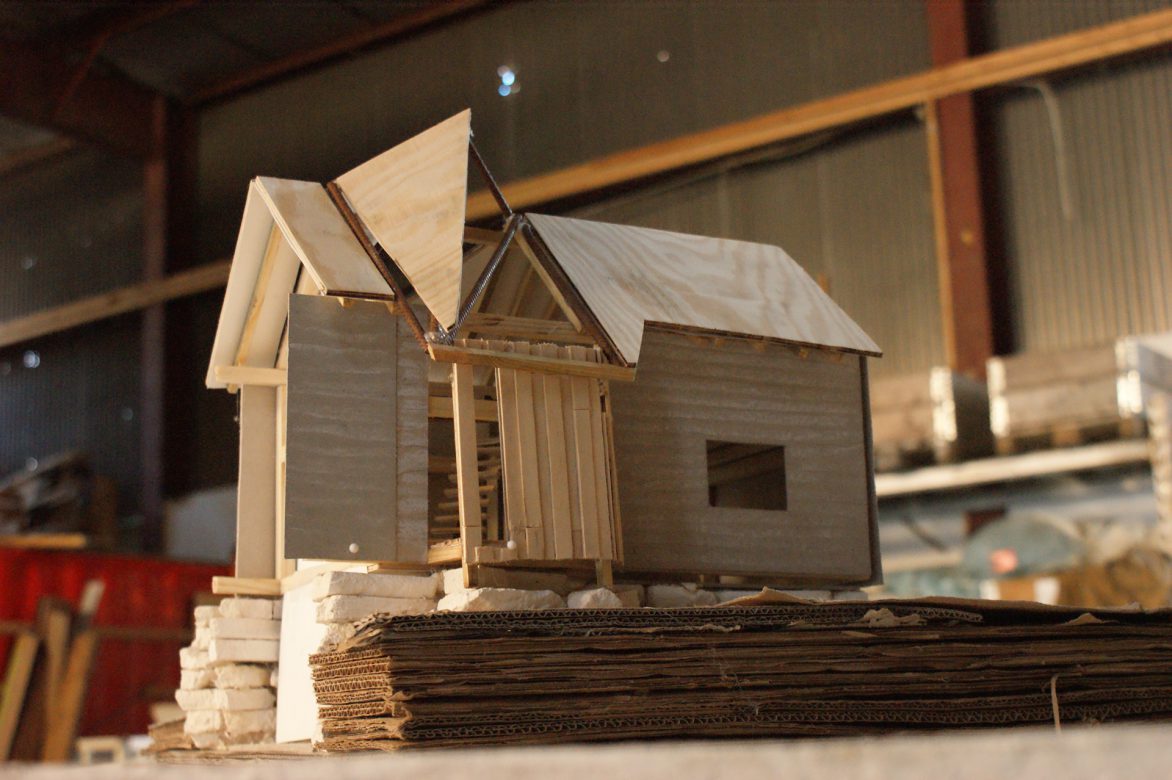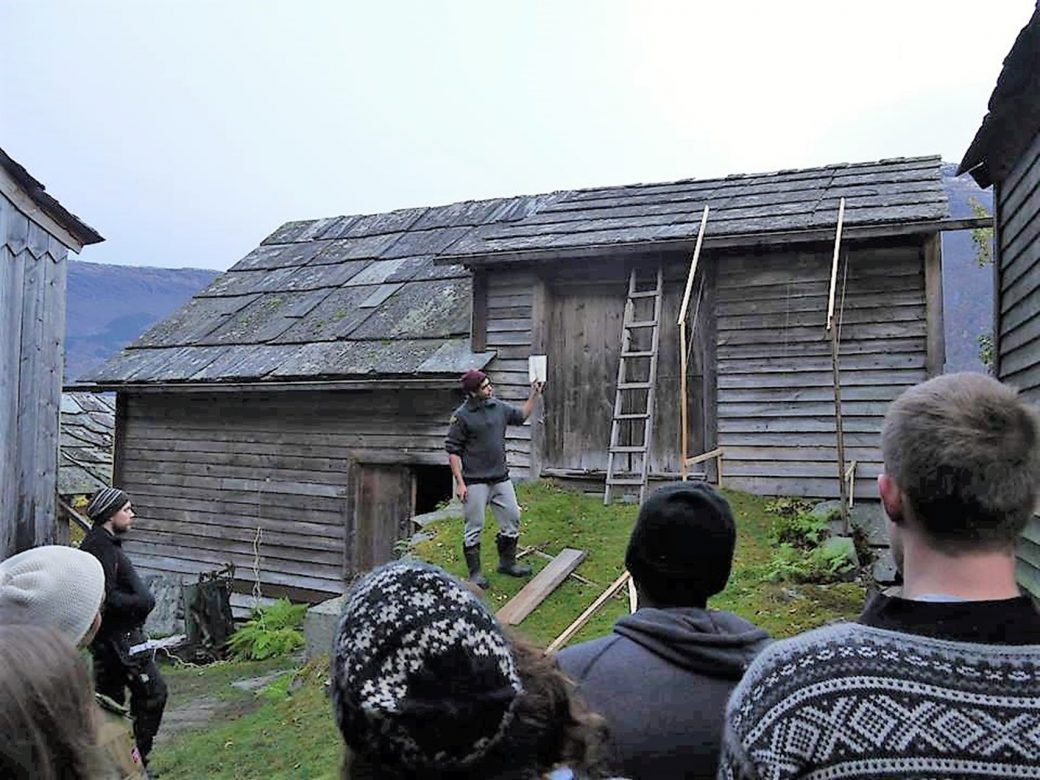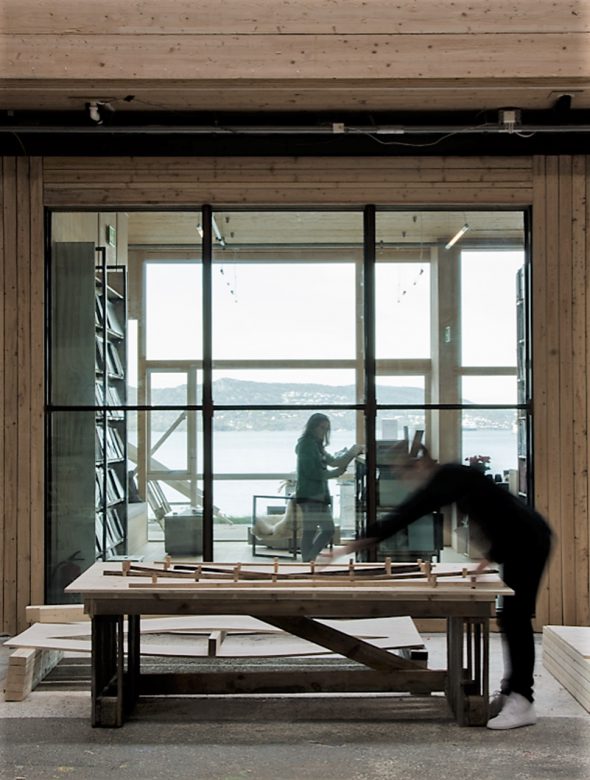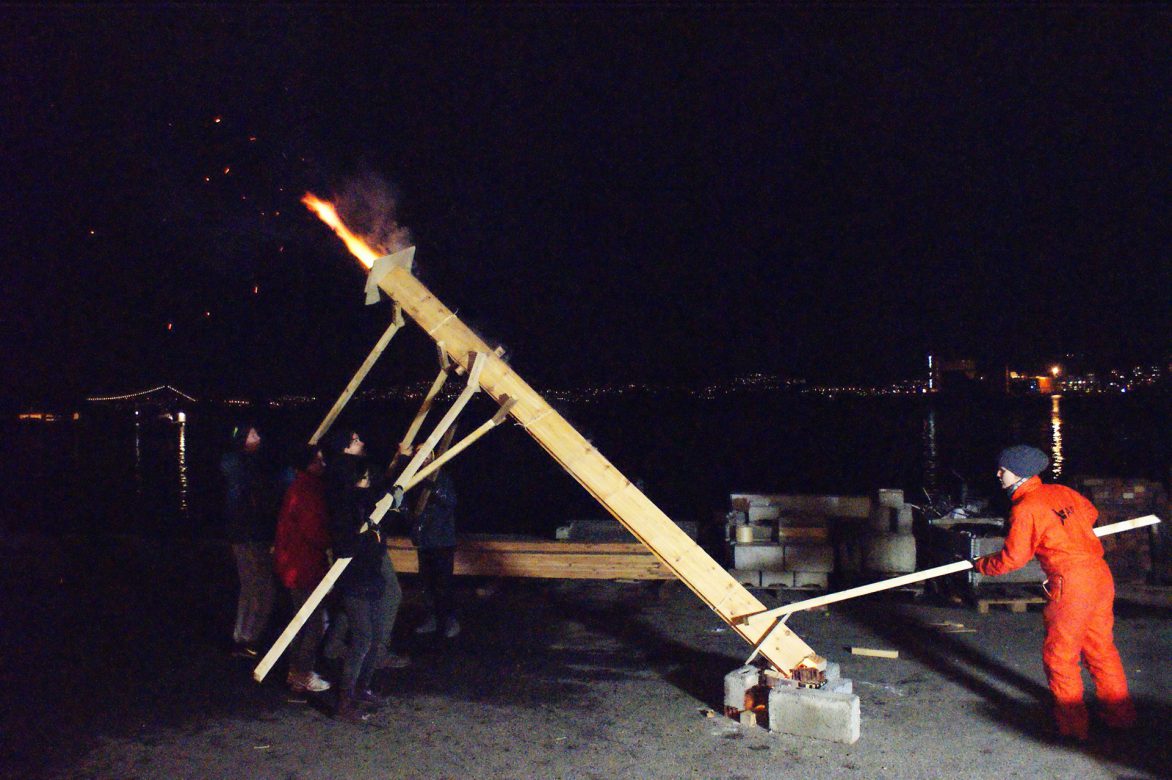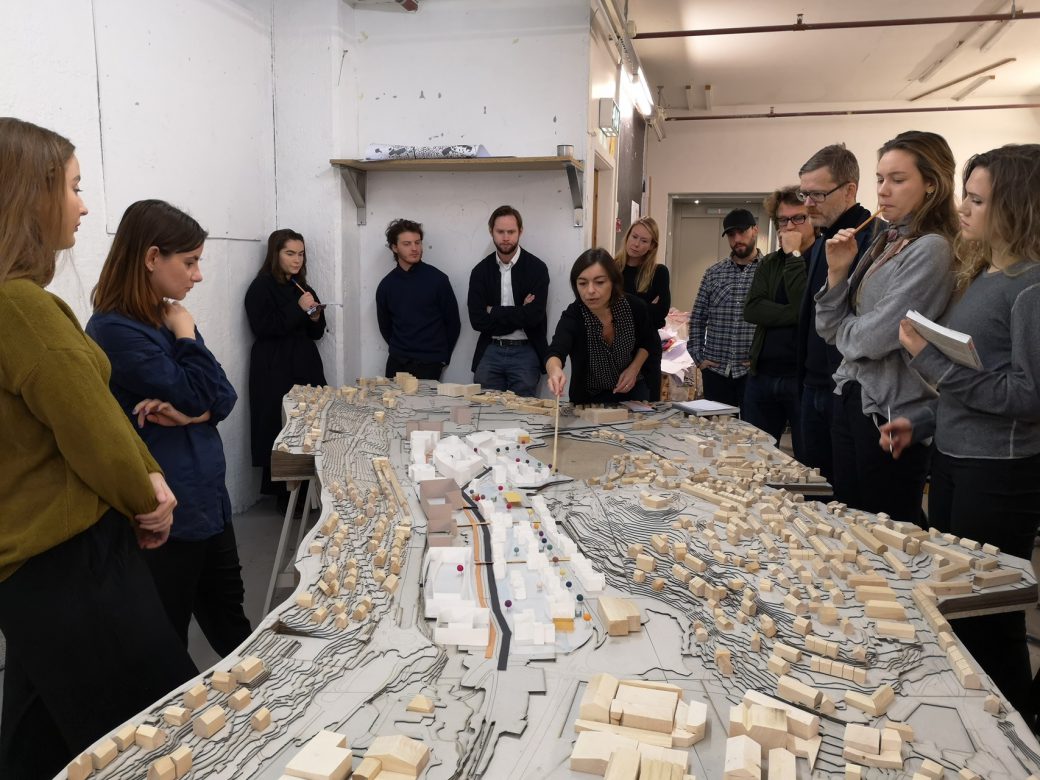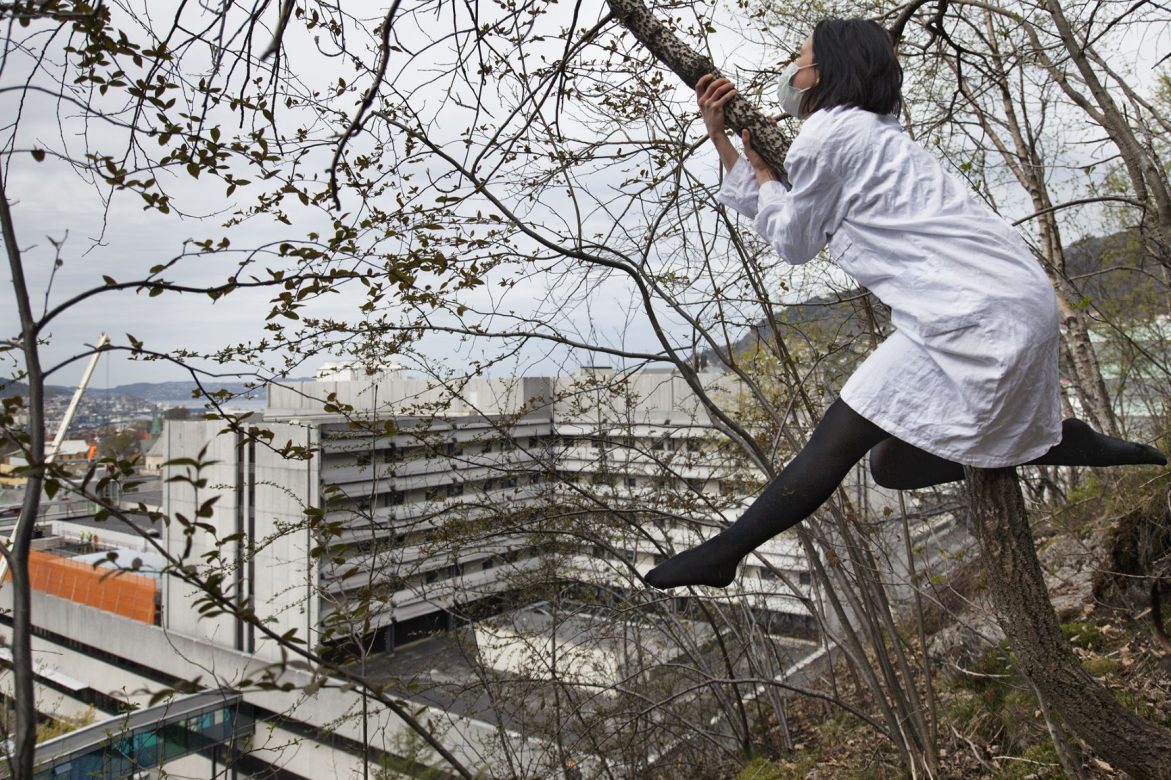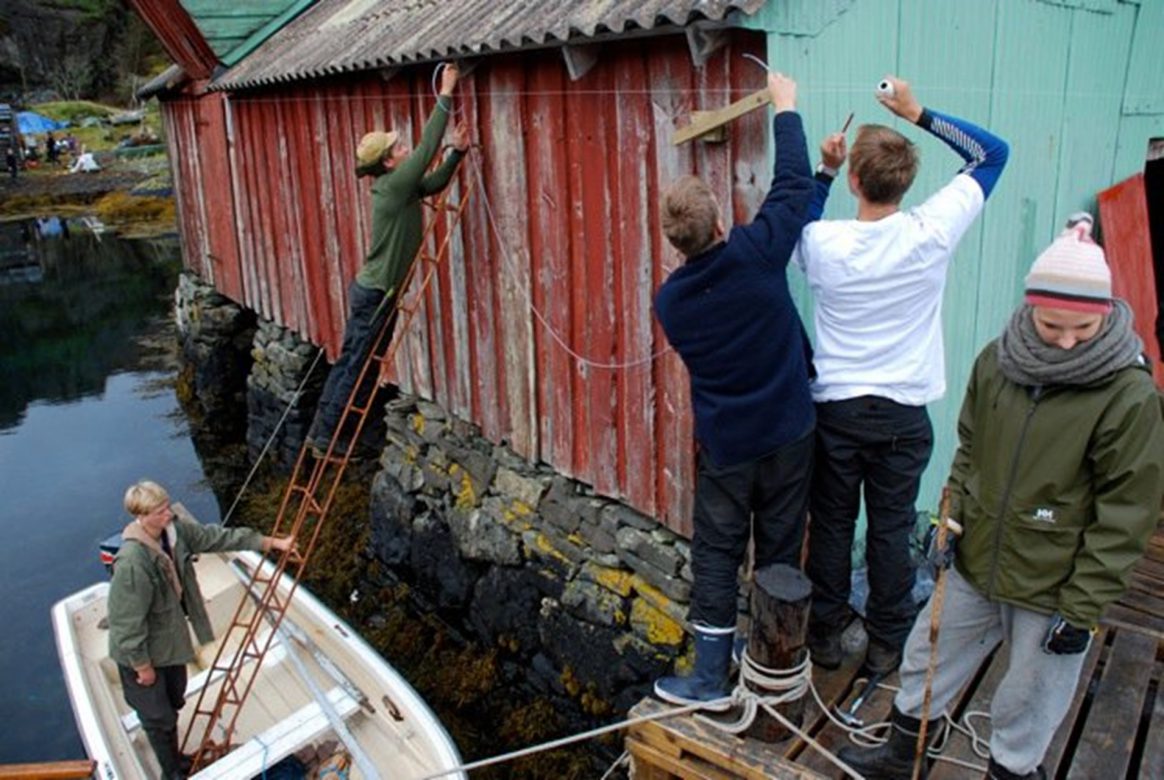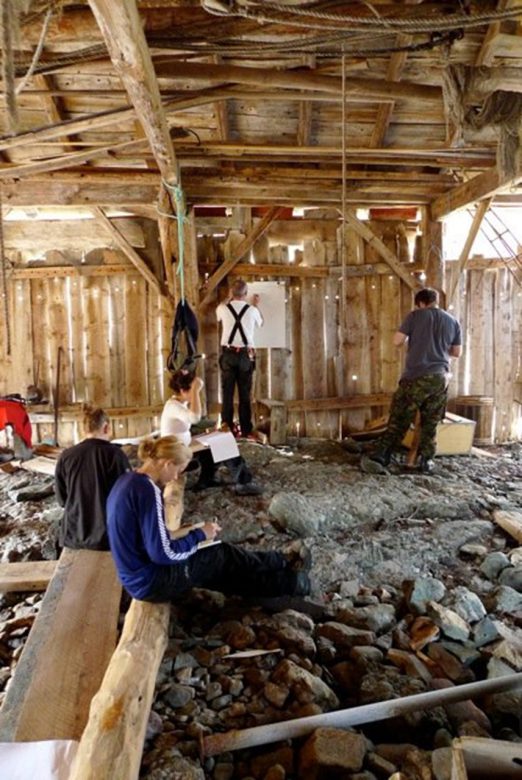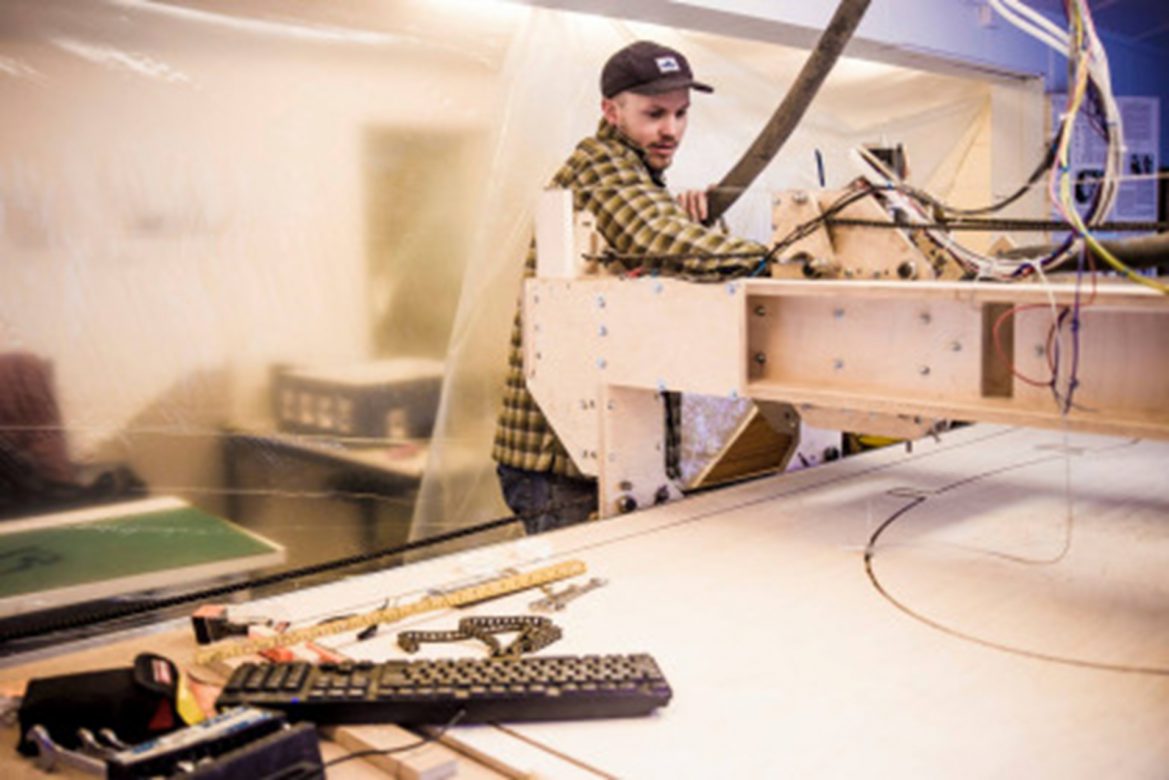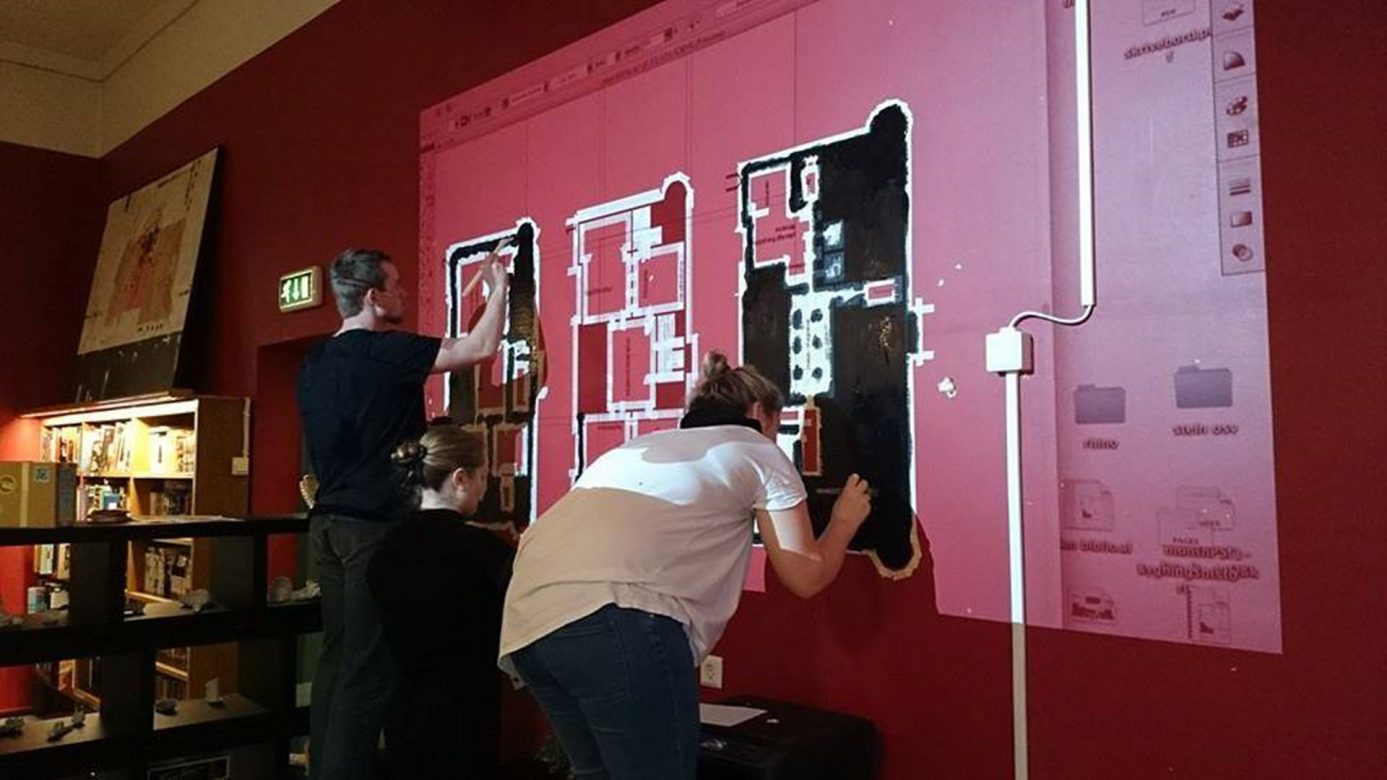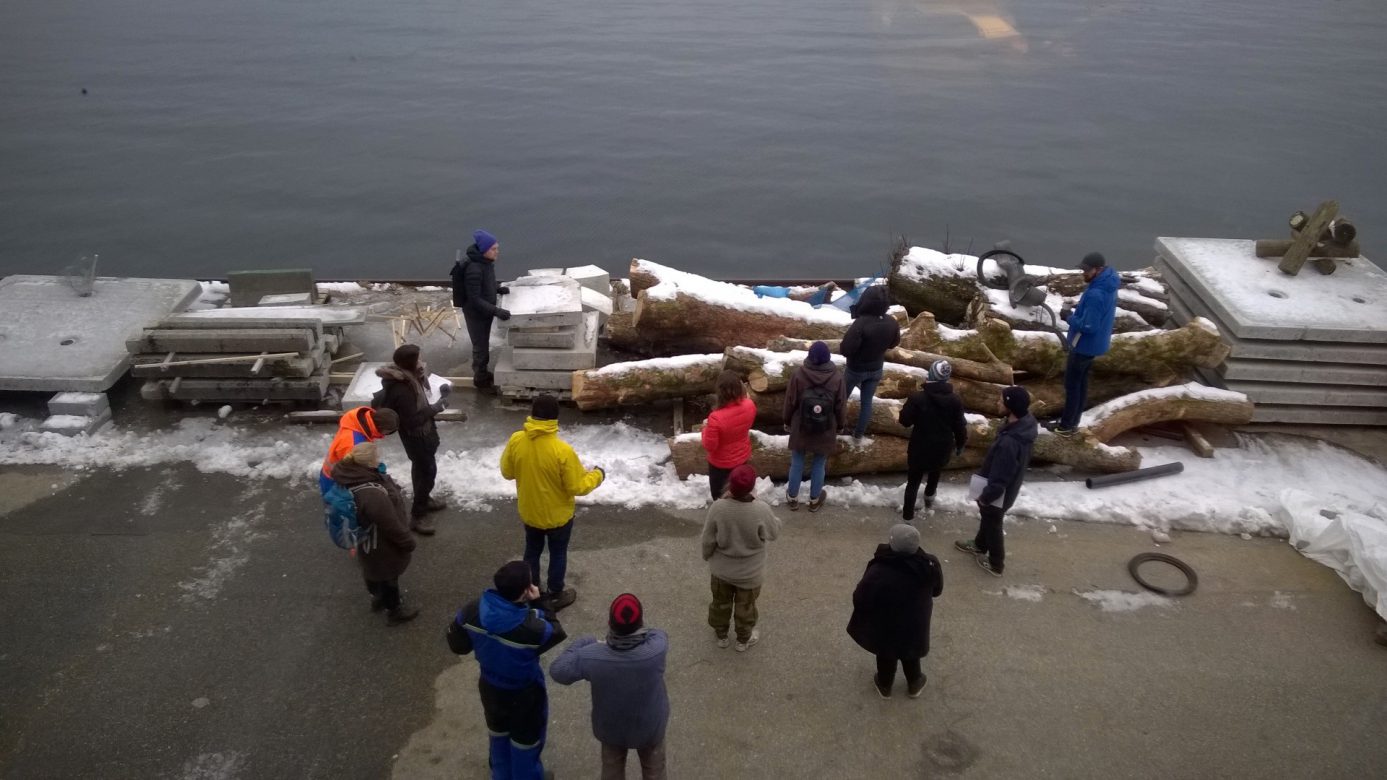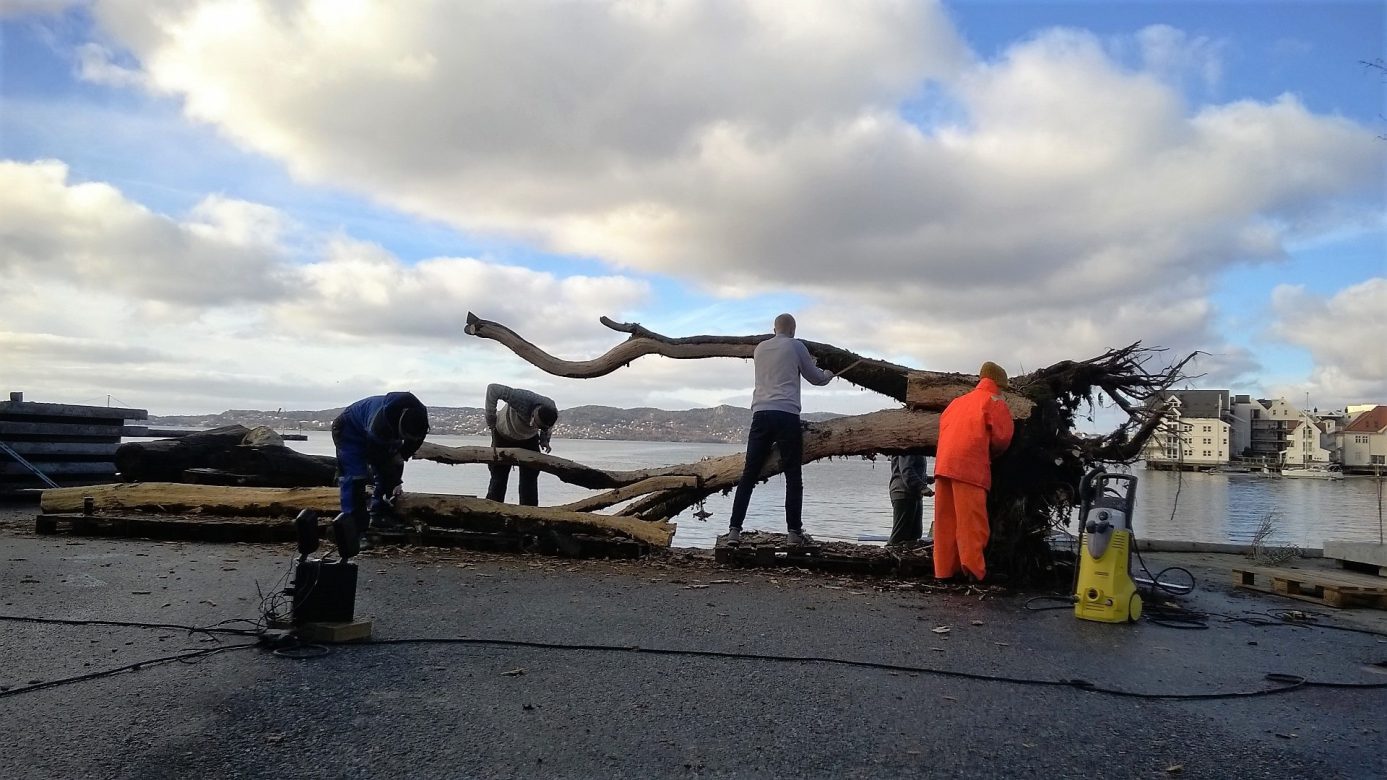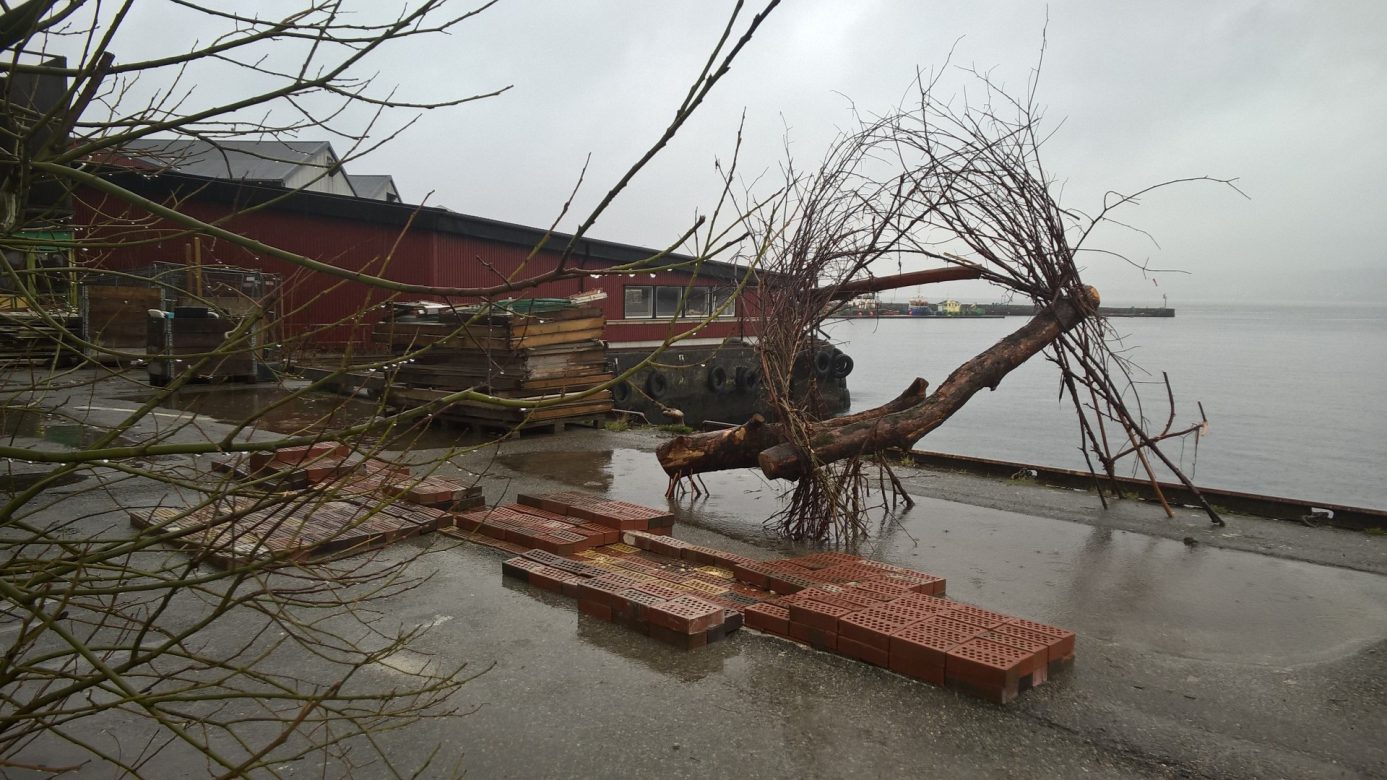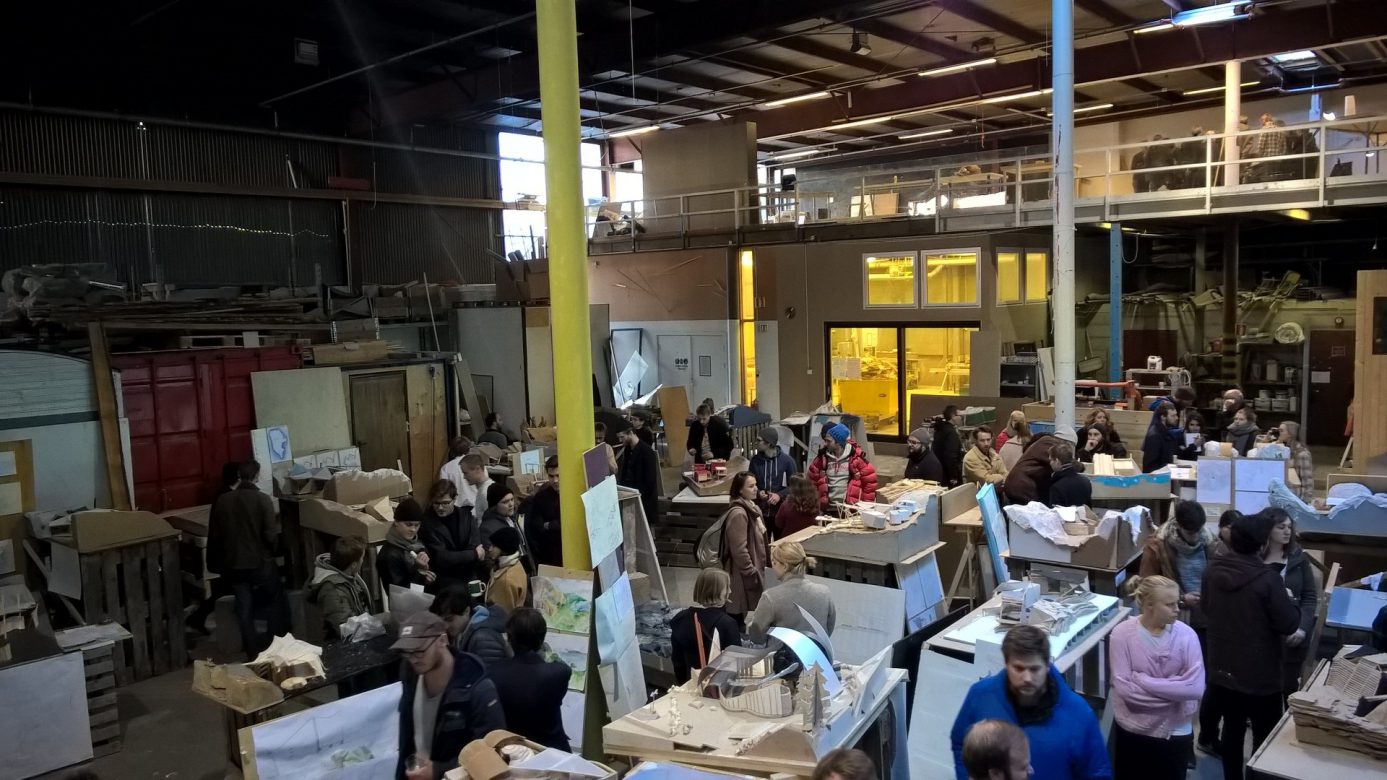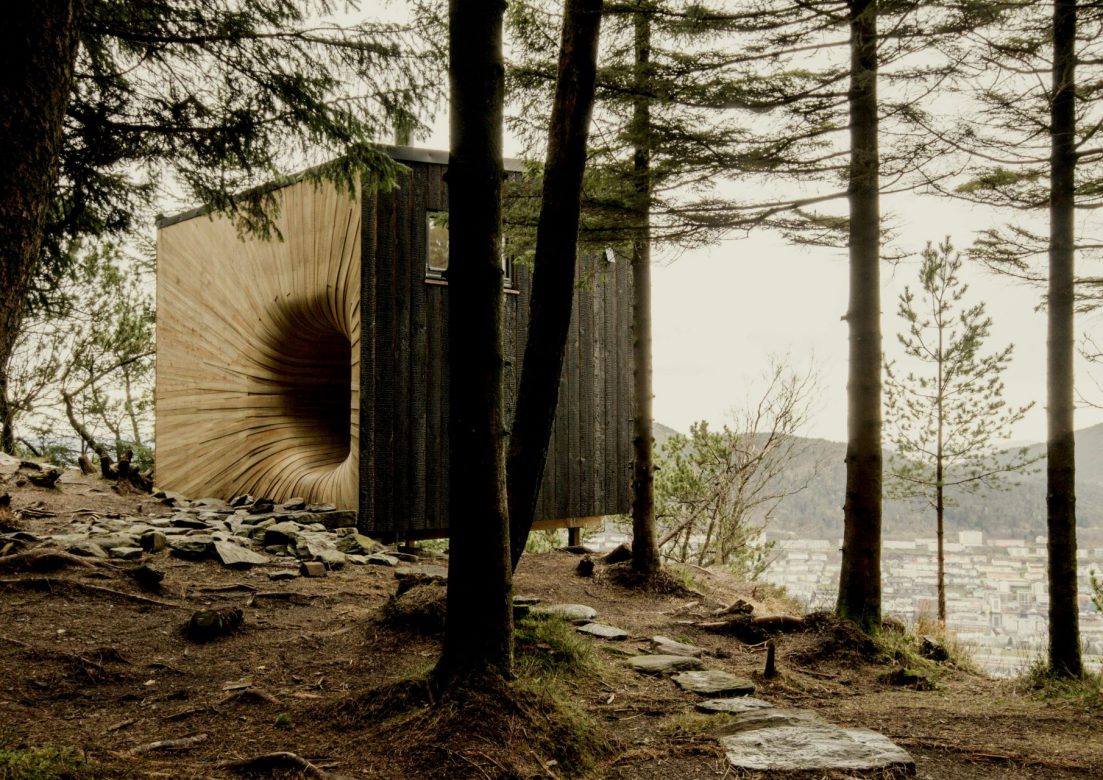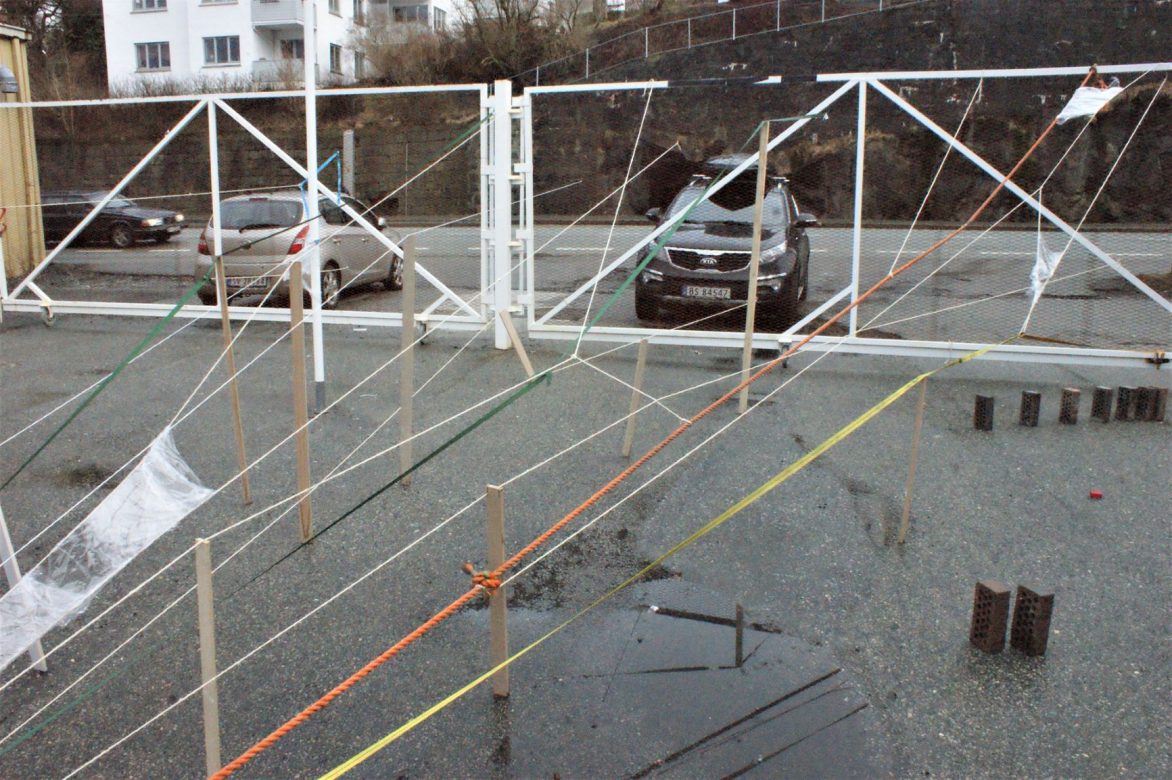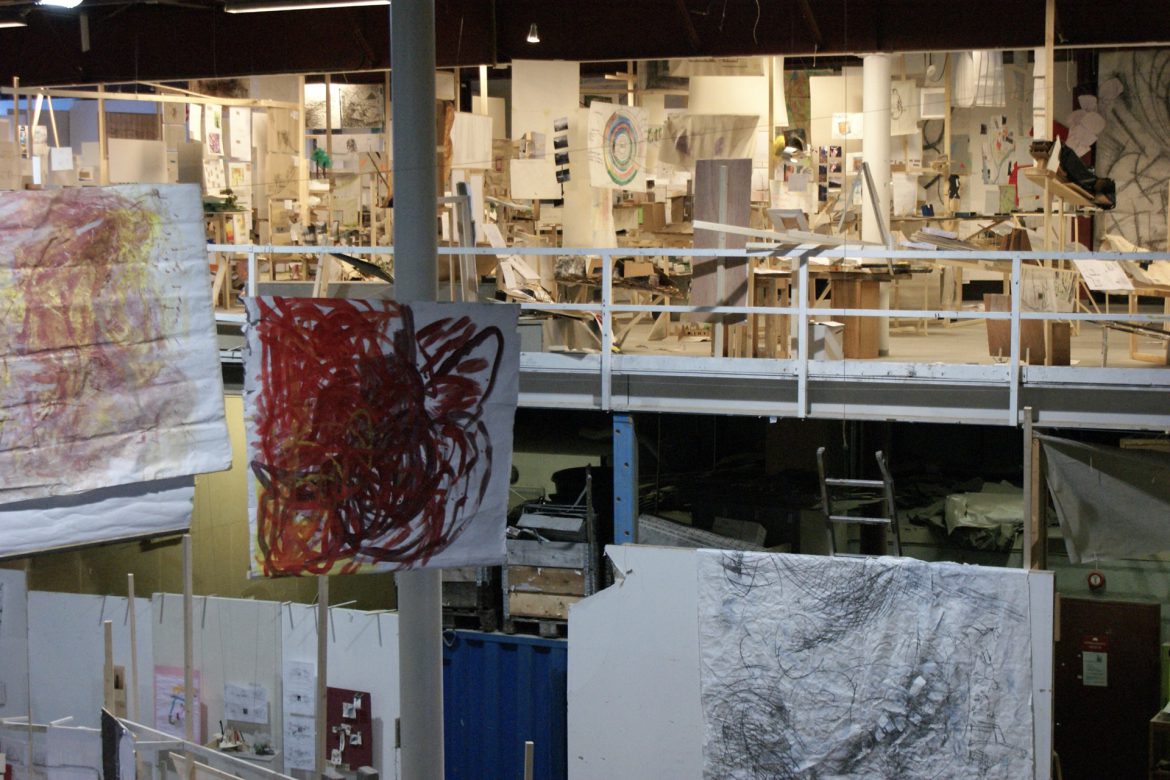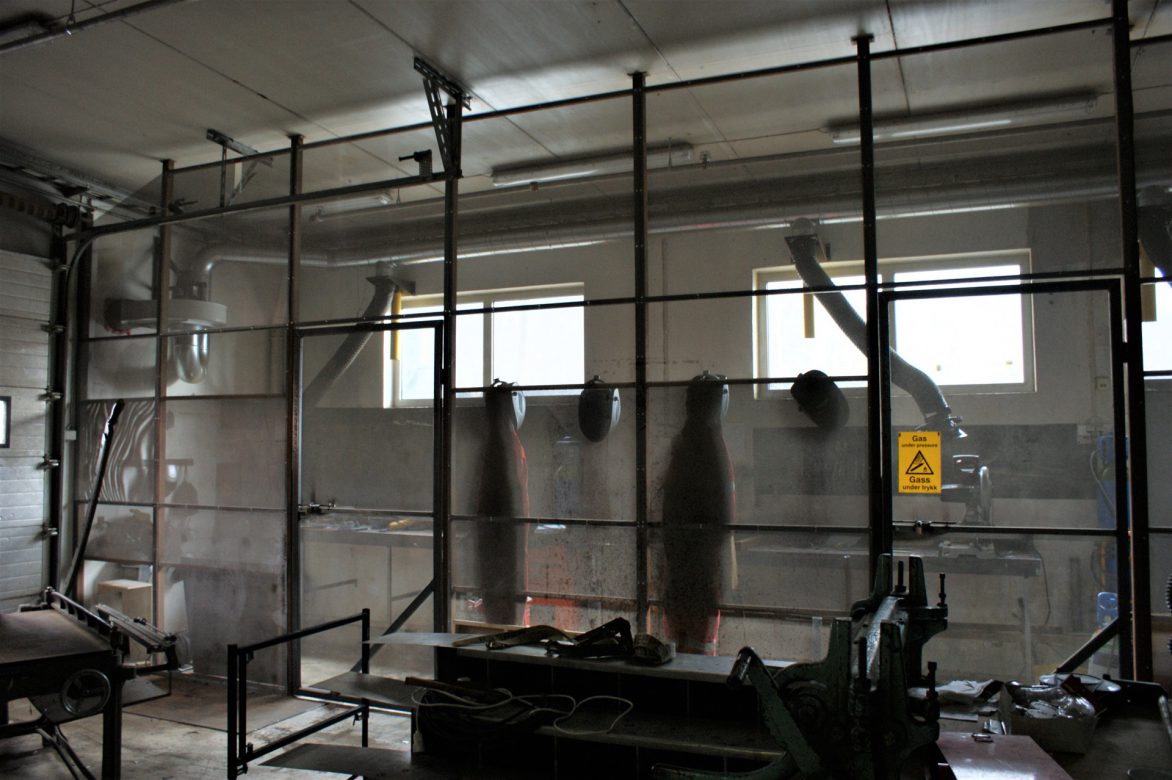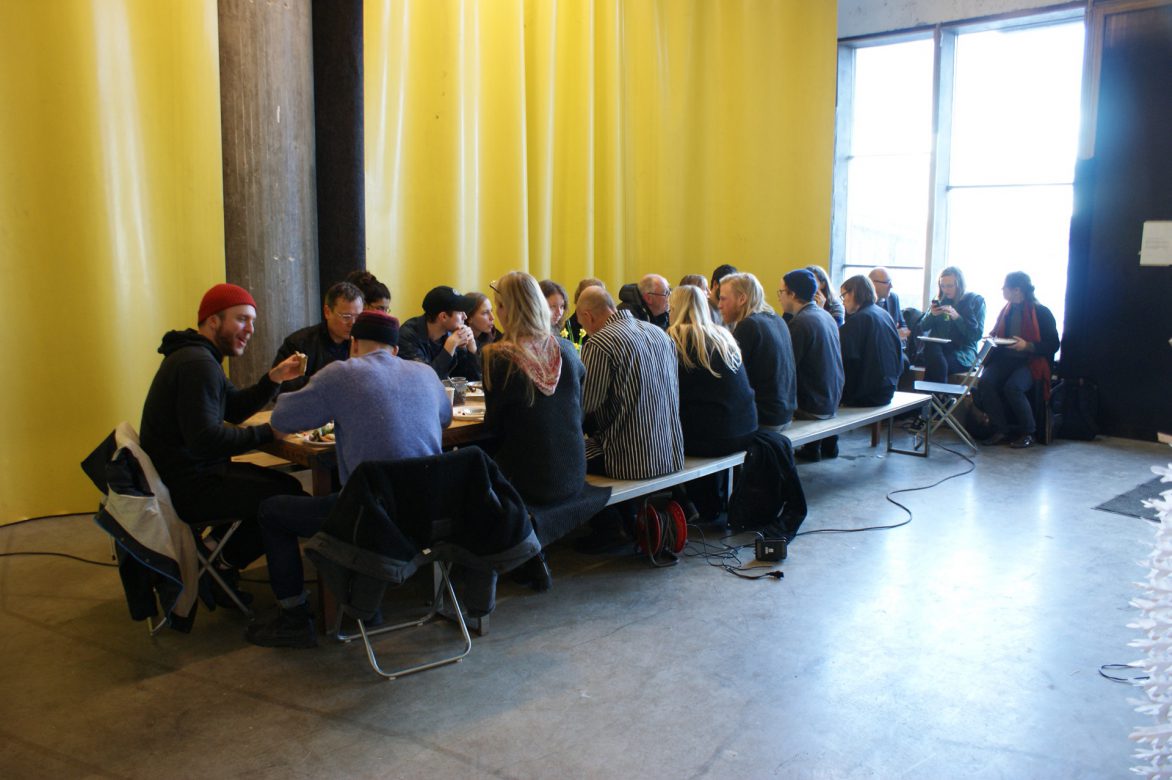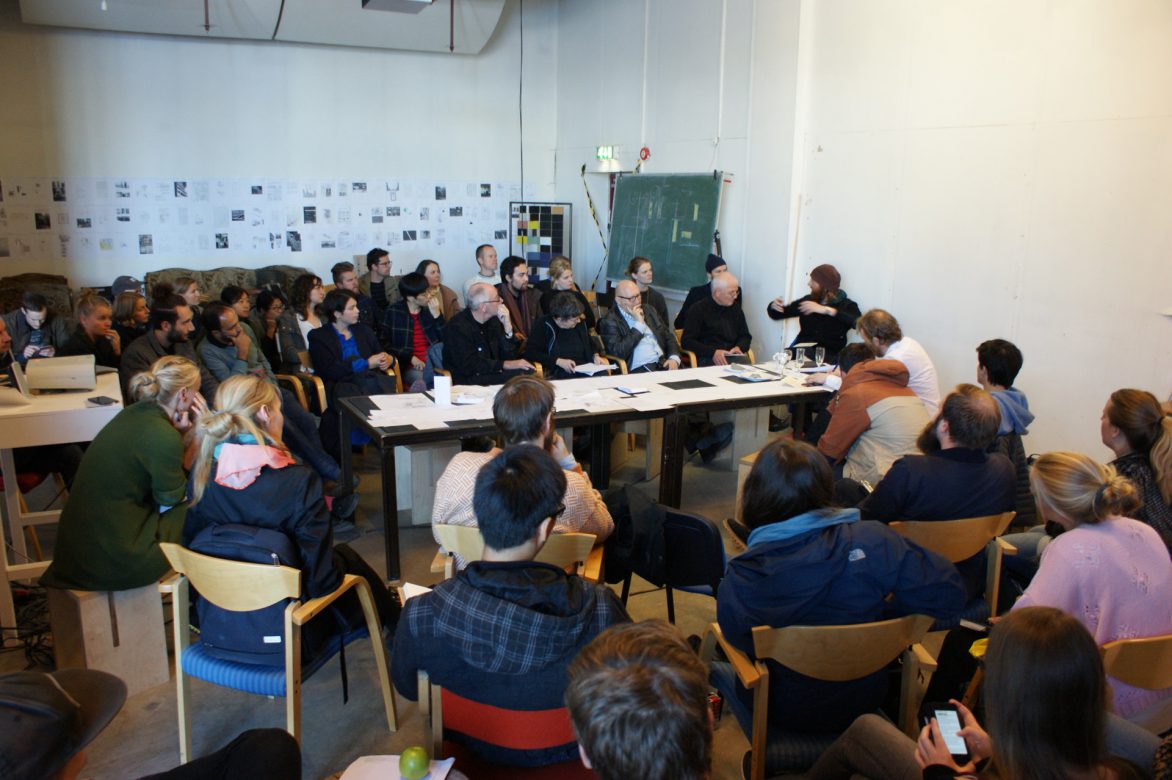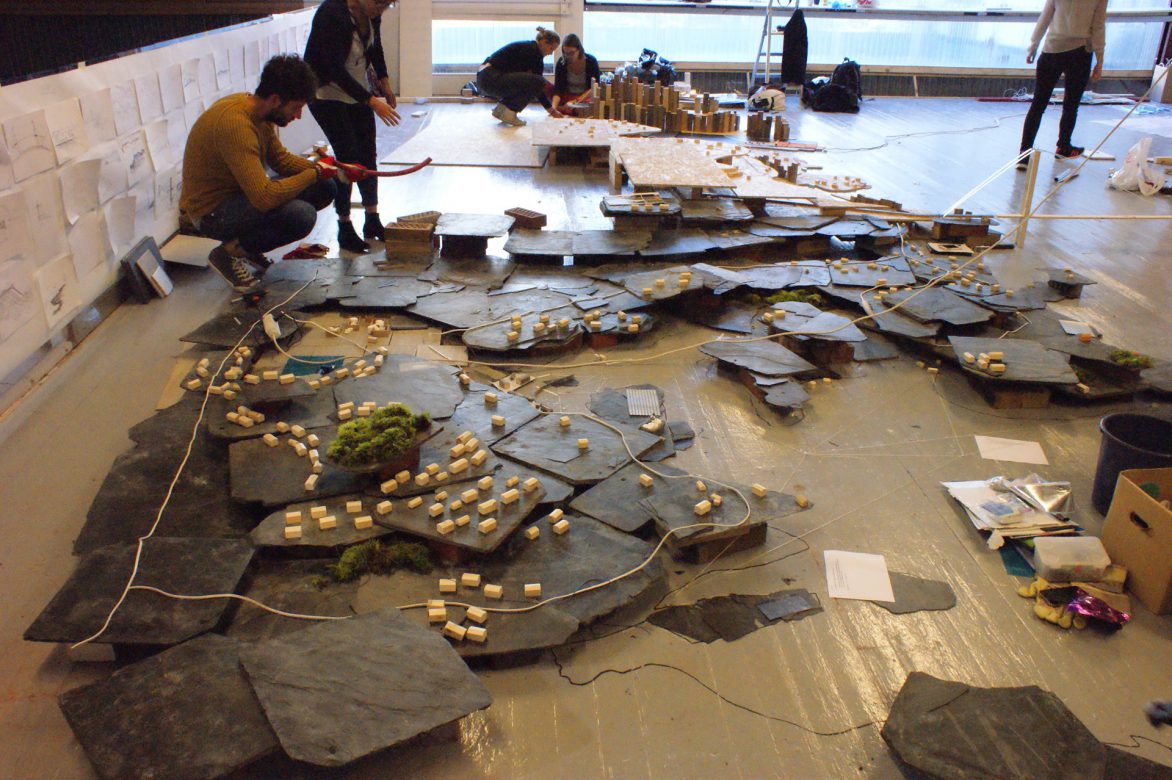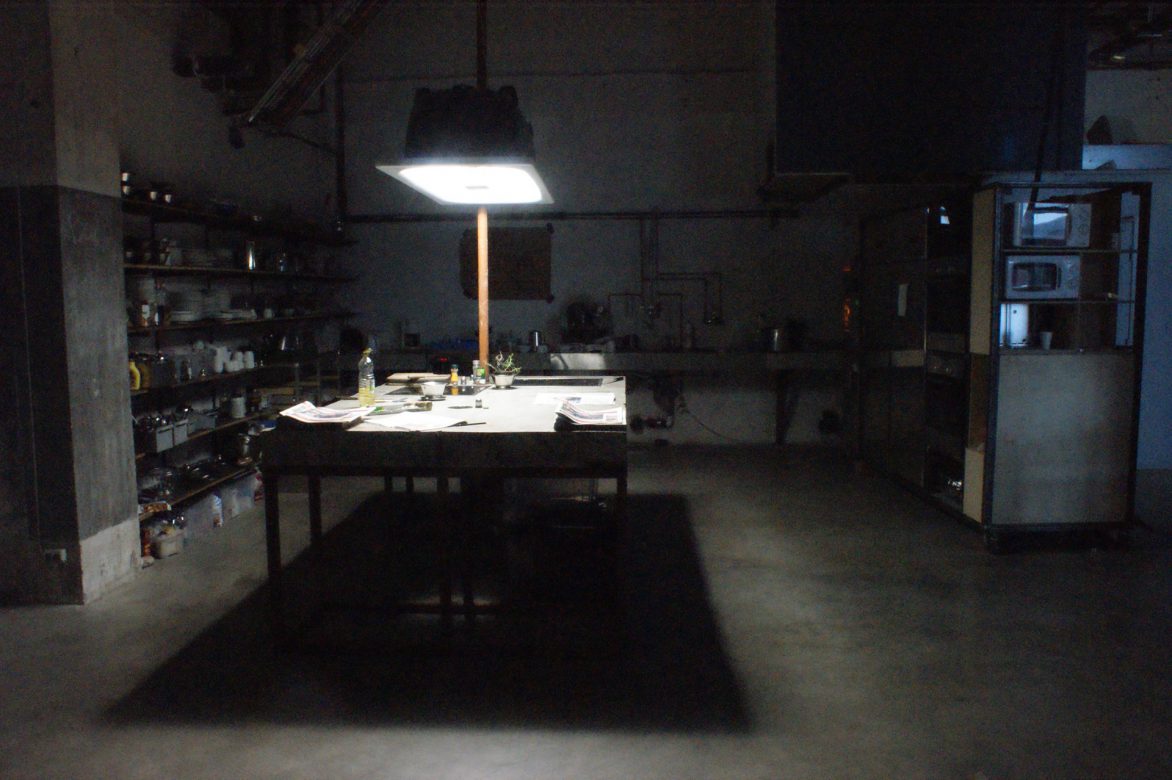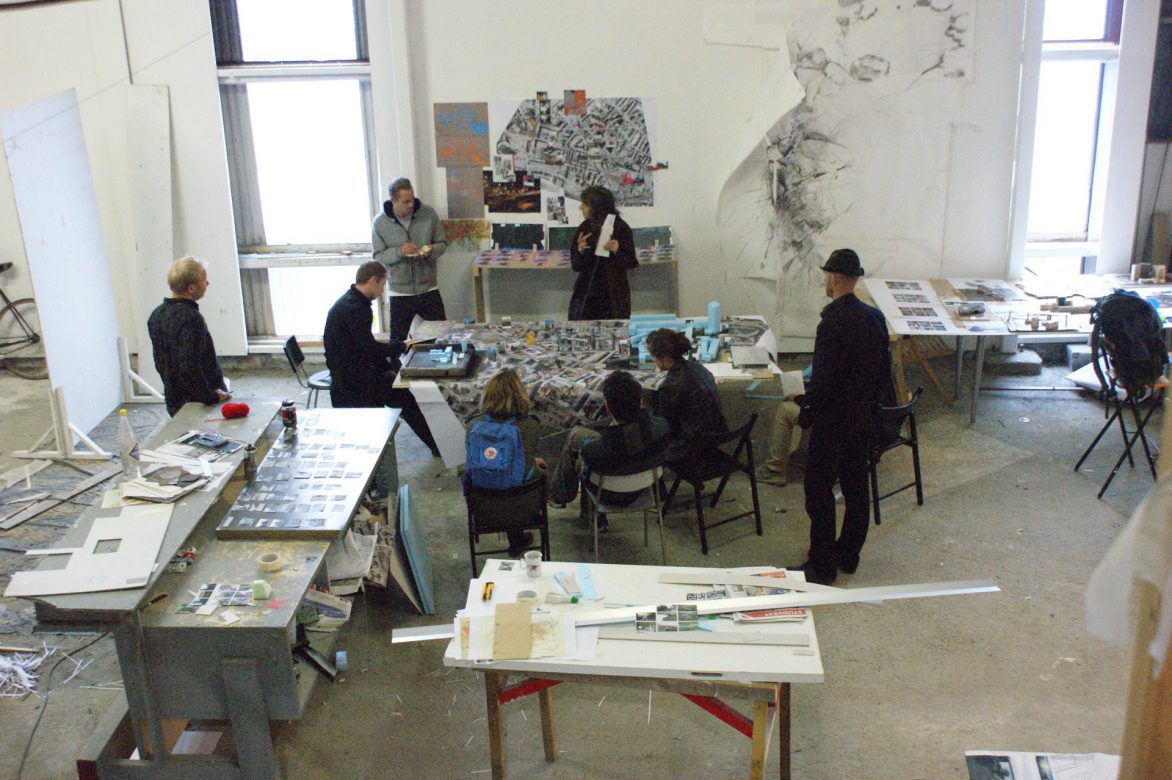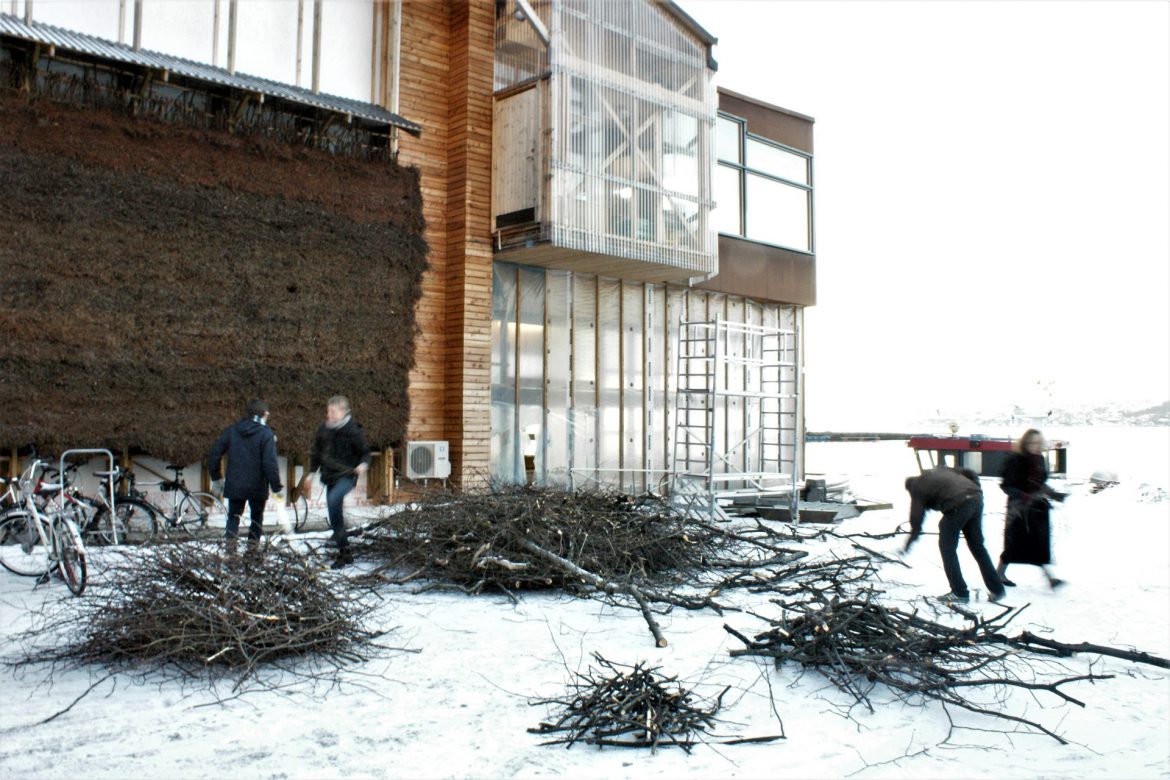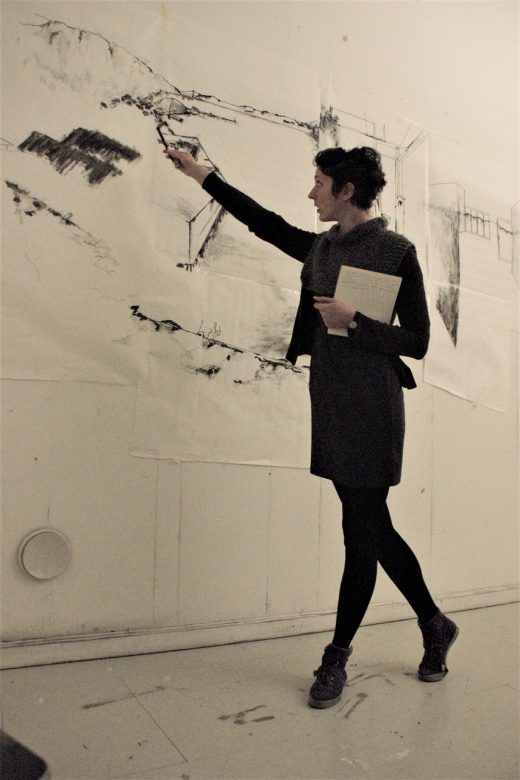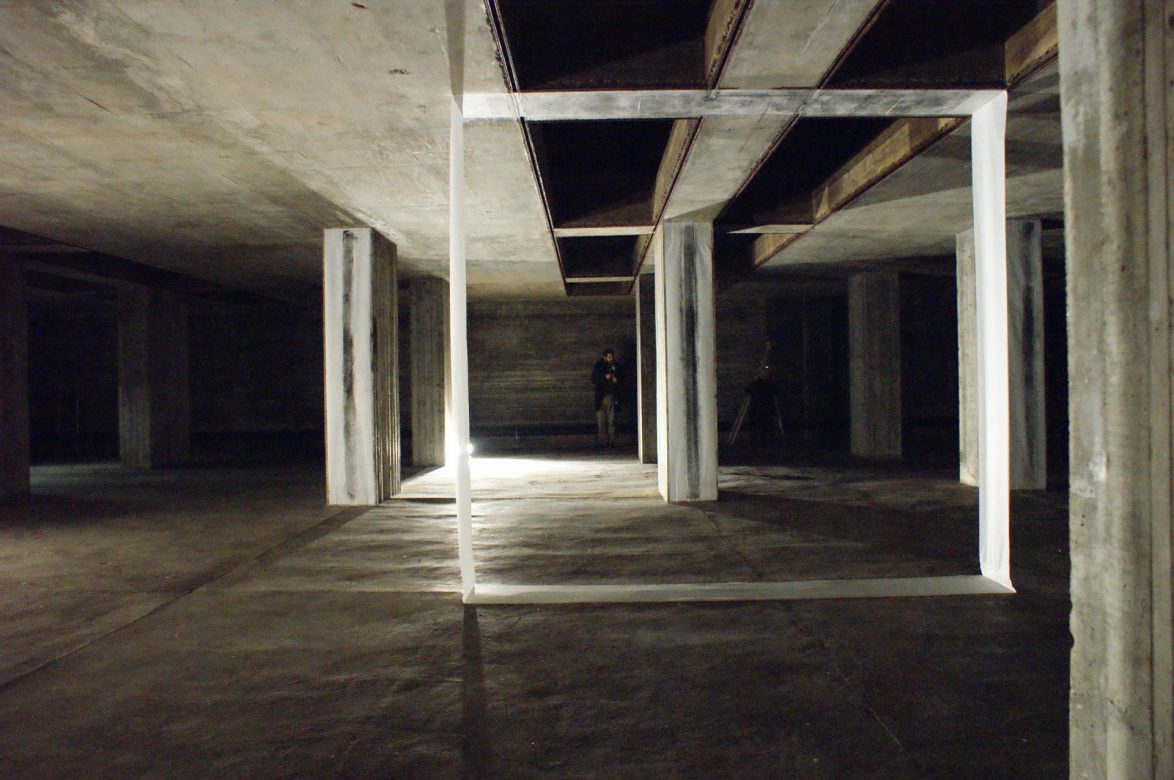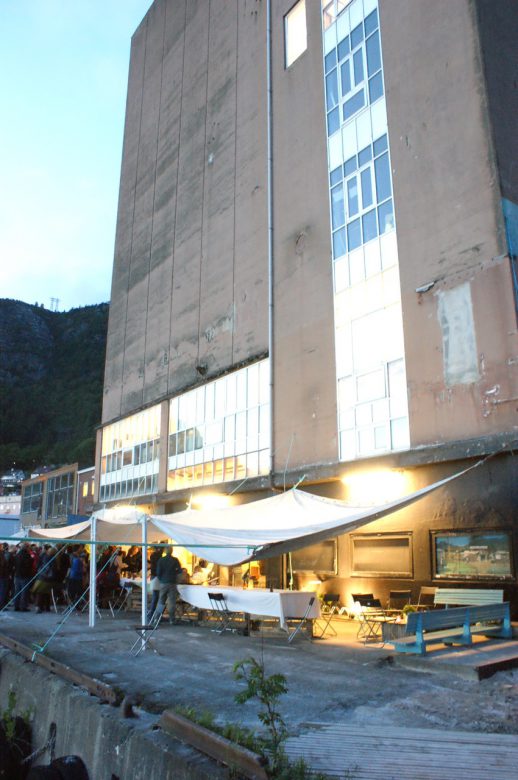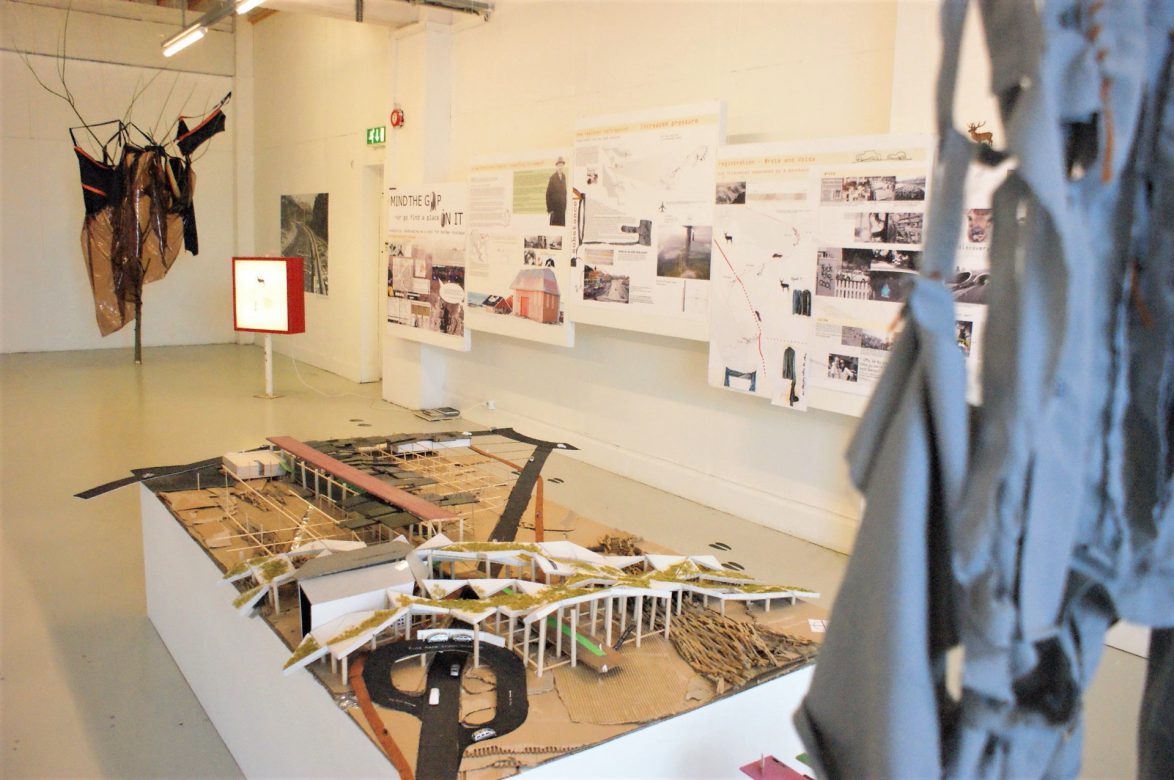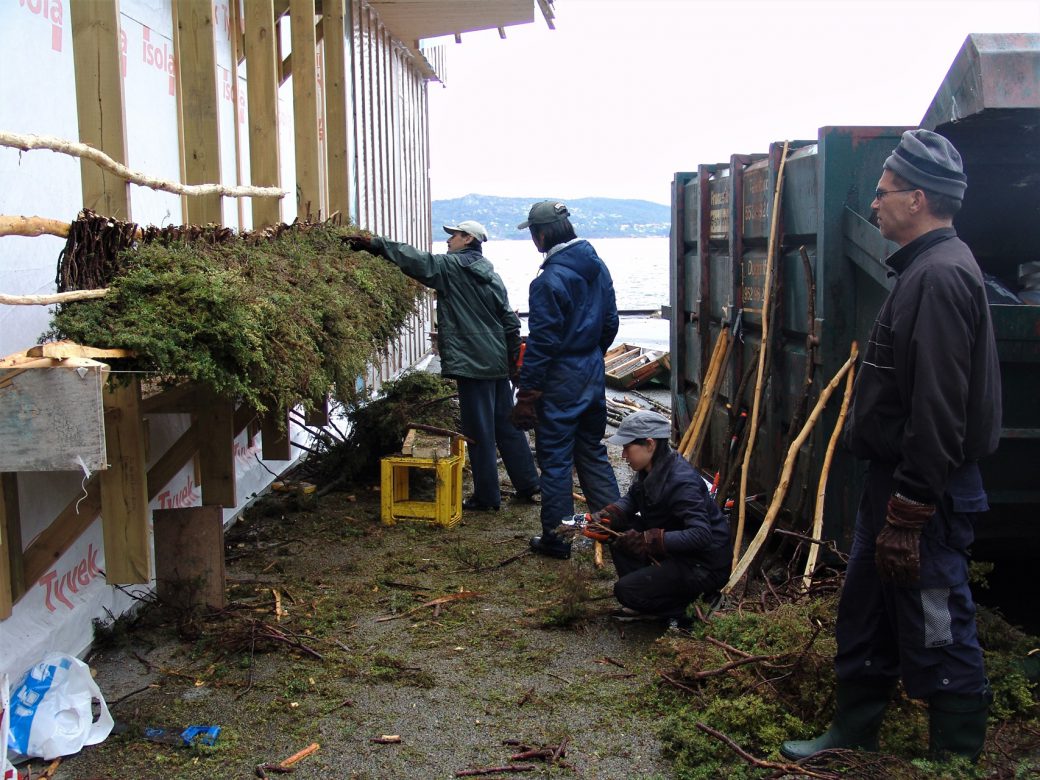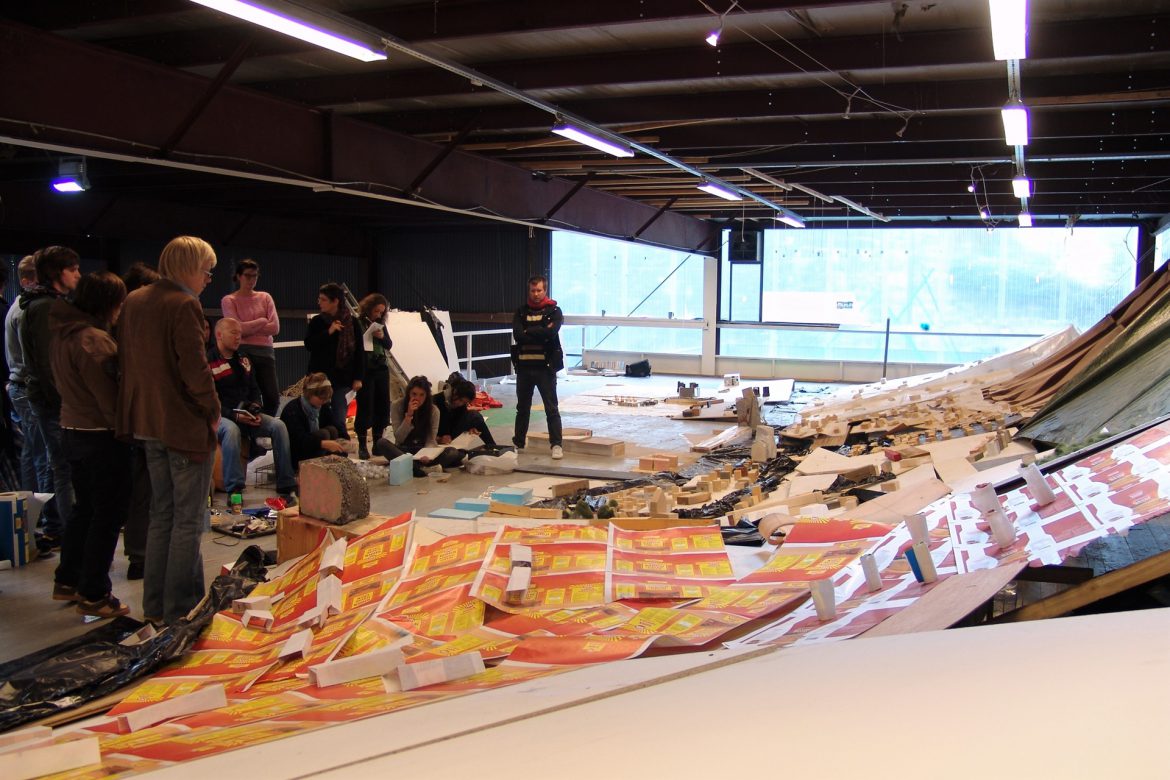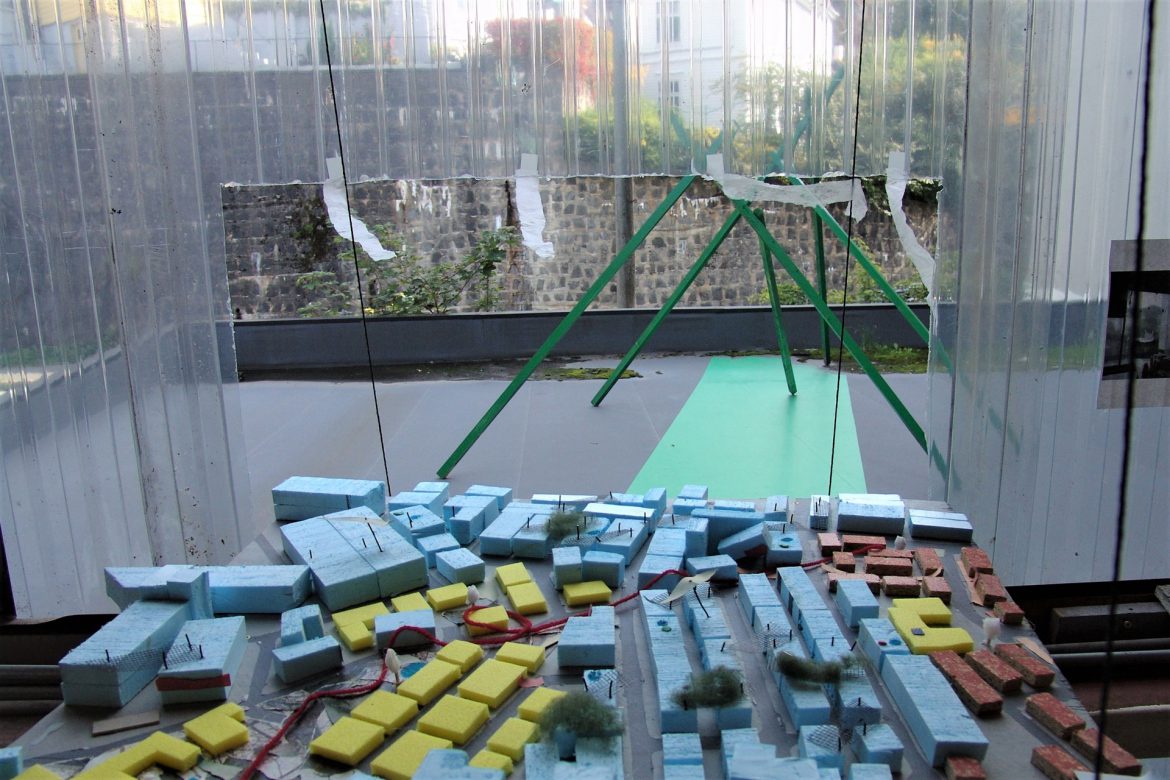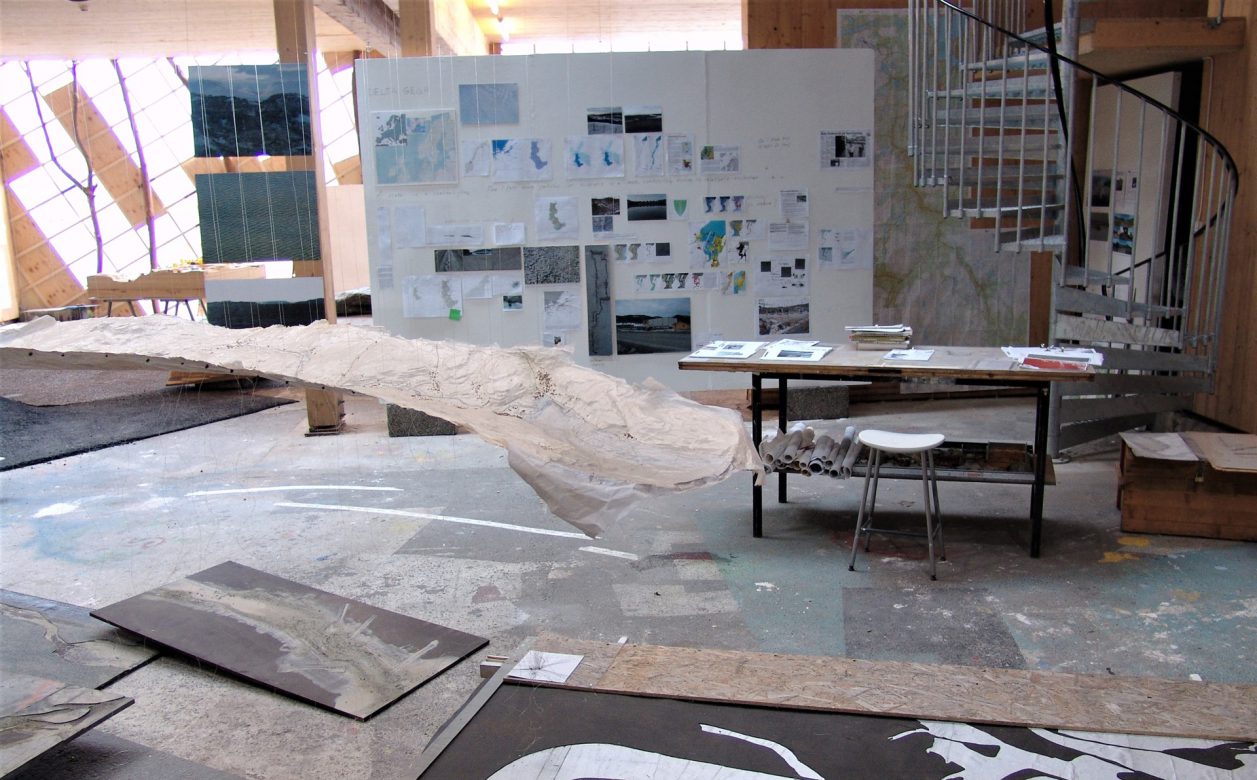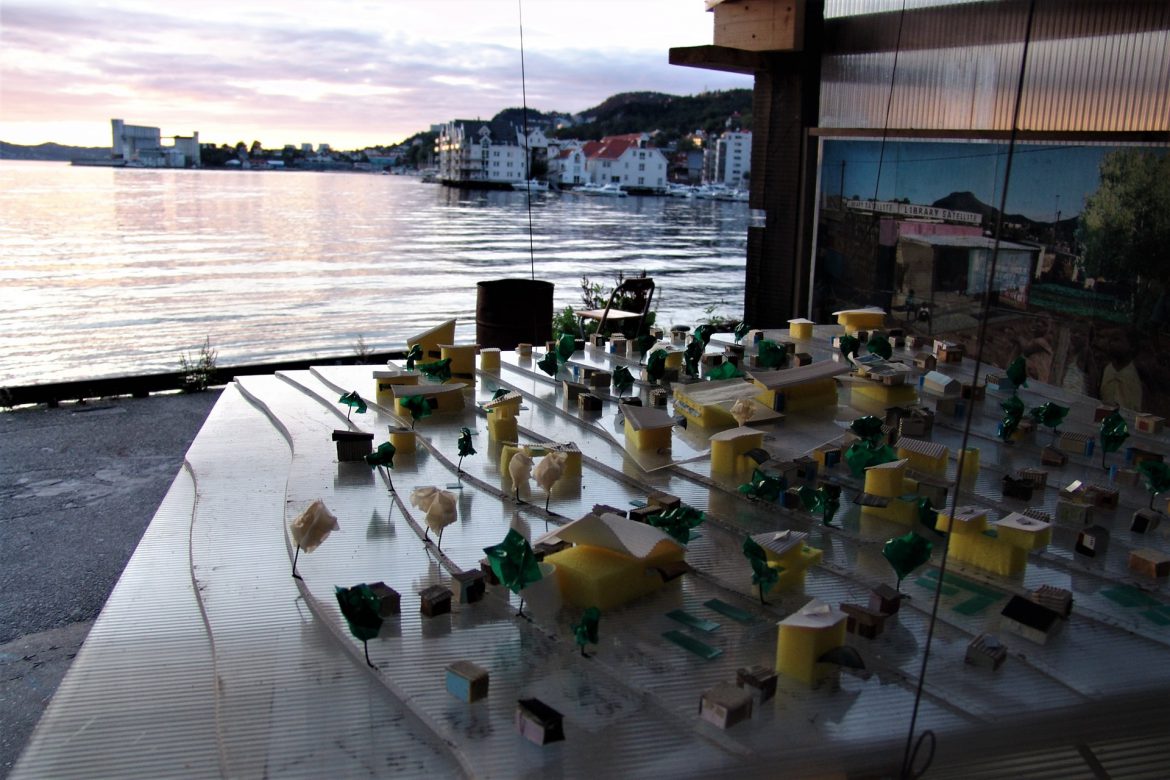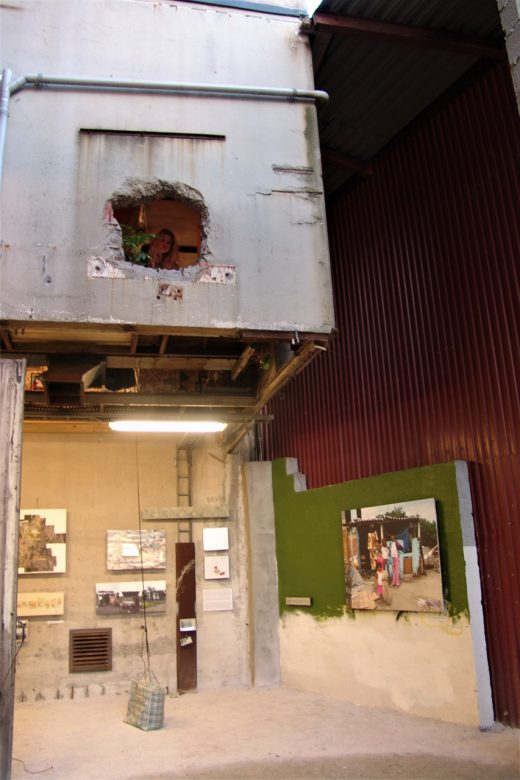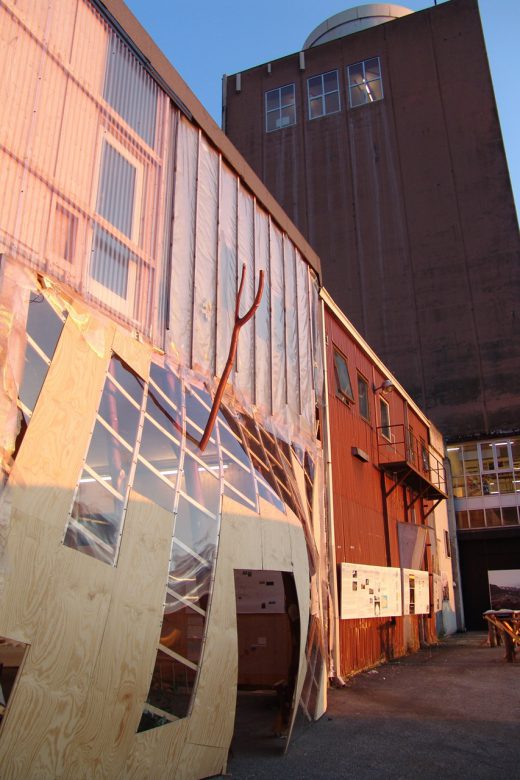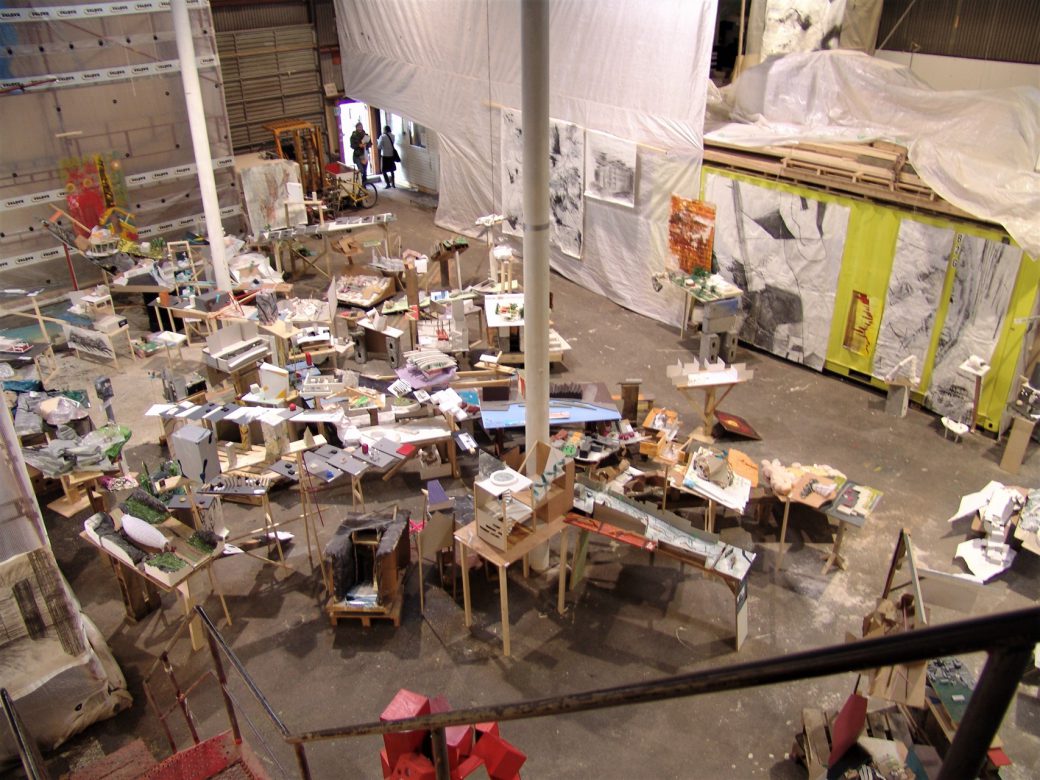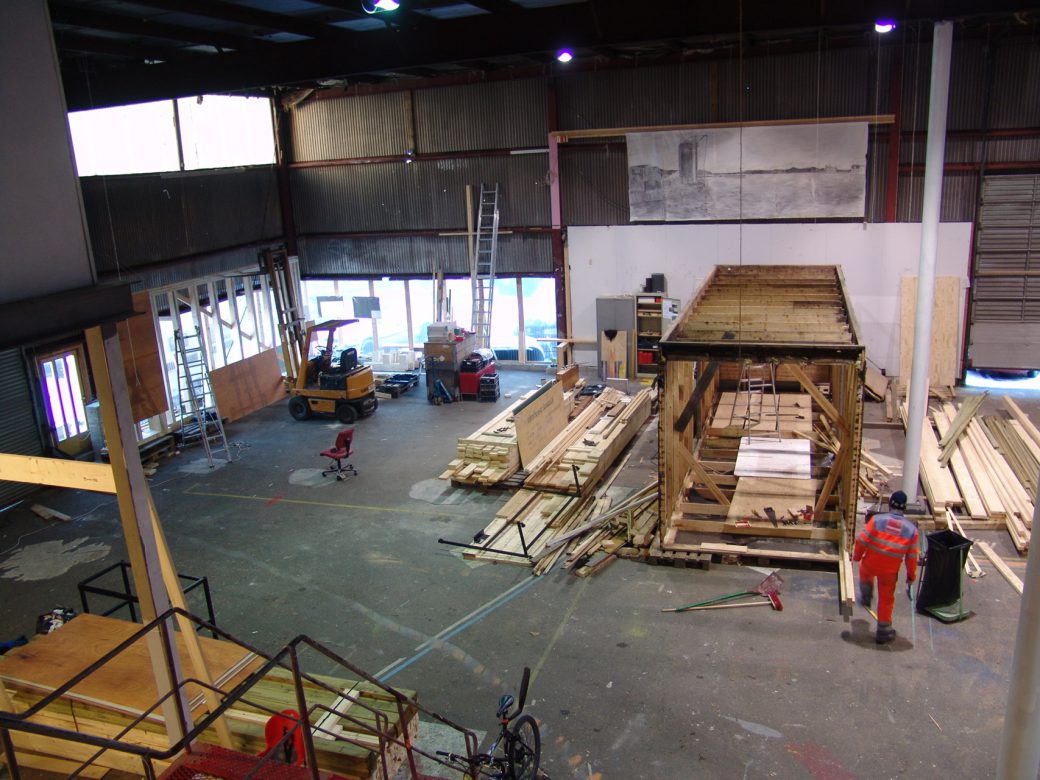Grunnlag & Open Form
Å byggja, å forma, er å opna, ikkje å lukka, avslutta, eller fastleggja for visst”
“To build, to form, is to open, not to close, complete or admittedly determine¨
Svein Hatløy in the professional journal Byggekunst 1983/6
(Information in English only)
Bergen School of Architecture (BAS) was established as a private foundation in 1986, but for 18 years before that, starting in 1968, it had provided courses in Bergen and the surrounding area. It was given the right to set exams in 1990, and started receiving central government funding in 1996. That year it also moved to its own premises at Sandviken in Bergen, where it is still located.
Open Form as the premise for education in architecture and engagement with landscape, built form and society.
The formative architectural approach at BAS is based on the Open Form concept formulated by Oskar Hansen at the Warsaw Academy of Fine Arts and further developed in Norway by his student, the Founding Rector, Svein Hatløy. Hansen taught at BAS from its foundation in 1986 until 1991, while Hatløy remained in post until 2007. The school’s Open Form approach encourages inclusive processes and ambiguous designs while creating spatial and temporal situations that enable diverse kinds of collaboration and development. The original curriculum was built around the idea of subjectivity, making individuals take responsibility and providing space for inclusiveness, collaborative processes and facilitate users to be contributing members of society. Open Form has been a premise in teaching through the exploration of the possibility of enabling democratic and participatory architectural principles and building open-ended ambiguous structures.
“You dialogue with people, you don’t just deal with them. The people in a project have their own will and own rights. There must be space for their lives and their personalities. People must be given the space and opportunity to exercise their authority.” Extract from the BAS syllabus
For further information, films, articles etc on Open Form, please refer to section 02 on this page.
Sustainability: The concept of ‘Holdbar’ (or ‘sustainable’) was introduced as a complementary approach for all teaching in the 2009 Strategic Plan to allow issues relating to sustainability to become an intrinsic part of all student projects, academic discussions, research, and development. By tackling sustainability issues, the school shall challenge perspectives in the discourse to climate change and resource management, exploring what it means to be responsible and professional, in situations where diversity and living conditions are at stake, both in local and universal contexts. For BAS it is important to relate sustainability to historical contexts, the natural environment, resources, energy, and climate, while also promoting and supporting a notion that is more strongly rooted in the needs of society. Within this framework, the school aims to widen the attention of innovation relating to reuse, user participation, and regional vernacular building and landscape management to challenge the current focus on green growth.
Landscapes, regional building traditions, innovation and materials: The teaching at BAS draws on Western Norwegian vernacular building culture that has developed within the context of a particular climate and landscape. During their studies, students experience and have to engage with the different landscape spaces and patterns of settlement inland and along the coast, through a mixture of analysis and practical work such as repairing wear and tear at old boathouses and sheds. Interdisciplinary collaboration with fields such as meteorology, landscape ecology and construction history are important elements of the core education. The school’s teaching emphasises the importance of using field work and societal or situational analysis to set the parameters for design work. By experiencing place‐specific, traditional and innovative uses of materials, we seek to enable students to challenge standard practice in the construction industry today and to develop considerate and sustainable design approaches for tomorrow.
For further information on the history of BAS, its professional anchoring, focus areas and more refer to the strategic plan for the period 2015-2025
«Both the curriculum and the student work that I have seen at Bergen School of Architecture points towards an anthropological and ecological architecture, which is the most important direction that I think architecture should take advance in the current phase of western culture. A culture threatened by false techno-economic rationalism, consumerist materialism, shallow internationalism, and detachment of architecture and life at large from their mytho-poetic essence.»
Professor in architecture Juhani Pallasmaa, Rector, Faculty of Architecture, Helsinki Polytechnical Univ. (1993)
Documentation on OPEN FORM
- Documentary footage summer schools organised by Oskar Hansen in his house in Szumin for the students from BAS in 1991. Museum of Modern Art in Warsaw FILM (under updating, link not working)
- Lecture by Svein Hatløy and others at conference «Oskar Hansen – opening modernism«, Museum of Modern Art in Warsaw, 2013.
- Arkitektnytt, August 2008, «Open Form, i historia og i dag» by Svein Hatløy (In Norwegian only)
- Arkitektnytt, November 2007, «Den åpne forms arkitektskole» by Jan Carlsen (In Norwegian only)
- Arkitektur N, April 2020, «Åpen skole. Rektor Cecilie Andersson i samtale med Gaute Brochmann.» (In Norwegian)
- PRESENTASJON SOGN og FJORDANE SYMPOSIUM, LEIKANGER, OKTOBER 2011, by Mona E. Steinsland. (In Norwegian)
- Post on openform December 2010 «Open Form 50 år» by Svein Hatløy (in Norwegian)
- Allkunne levande leksikon, biografi Svein Hatløy (In Norwegian)
- Bergens Tidende, July 2015. «Svein Hatløy er død» (In Norwegian)
- Arkitektur N, August 2015 «Minneord Svein Hatløy» (In Norwegian)
- Arkitektur N, nr. 7, 2016, Den Opne Forma i vår tid – ei forseinka helsing til Svein Hatløy, av Joakim Skajaa
- Bergensmagasinet August 2017 «ARKITEKTSKOLE I EN SILO» (in Norwegian)
- Bergensmagasinet August 2017 «ARKITEKTUR HANDLER FØRST OG FREMST OM MENNESKER» (In Norwegian)
- Byggekunst 1983 «ein epoke er over» by Svein Hatløy (In Norwegian)
- Byggekuns 1983 «Grindabygget» by Svein Hatløy (In Norwegian)
- Boka «Hus og Miljø» by Svein Hatløy
- Boka «Bas-alternativet«
Du er kanskje interessert i

